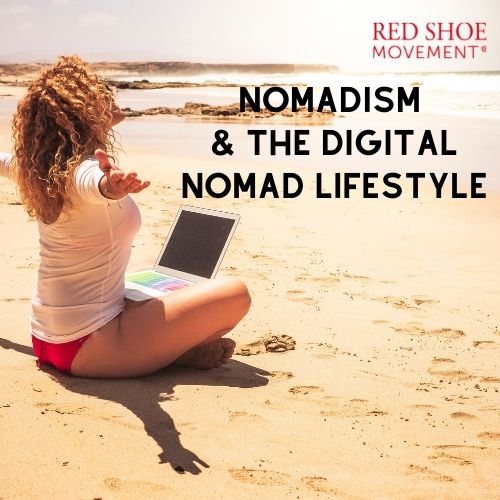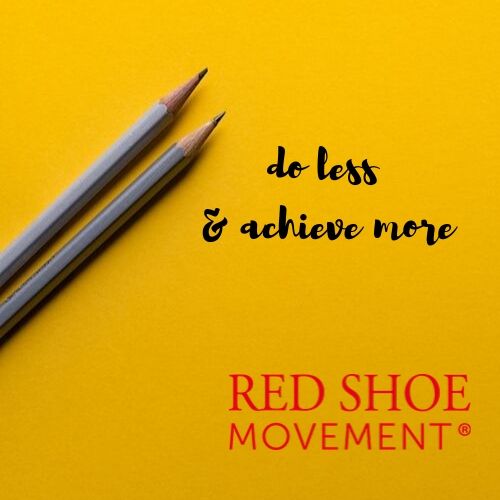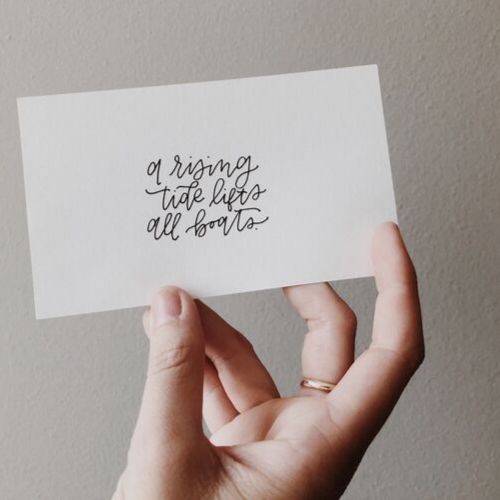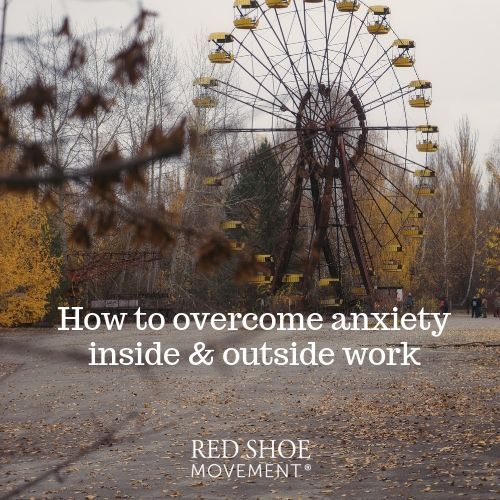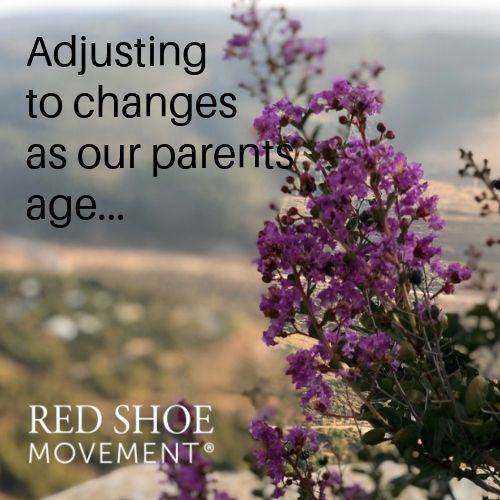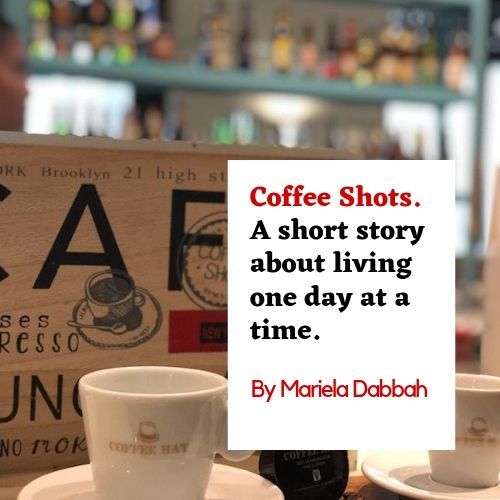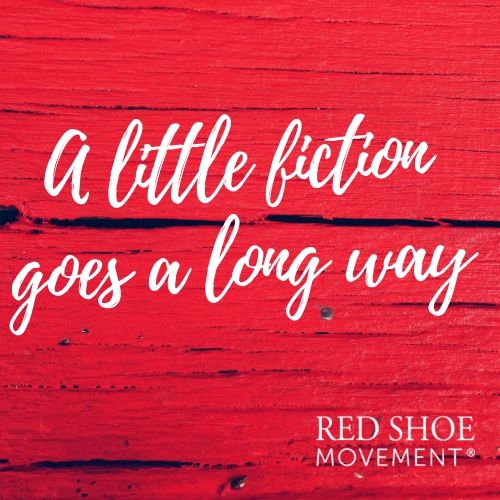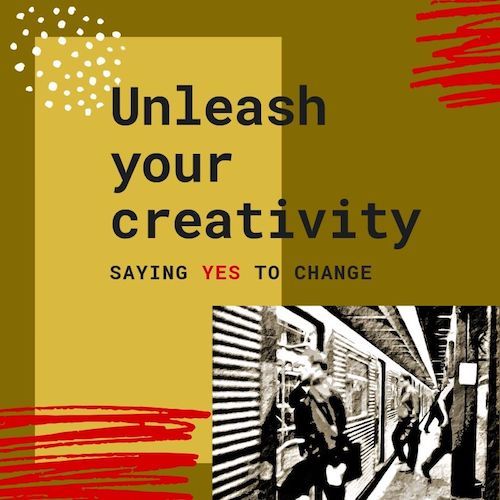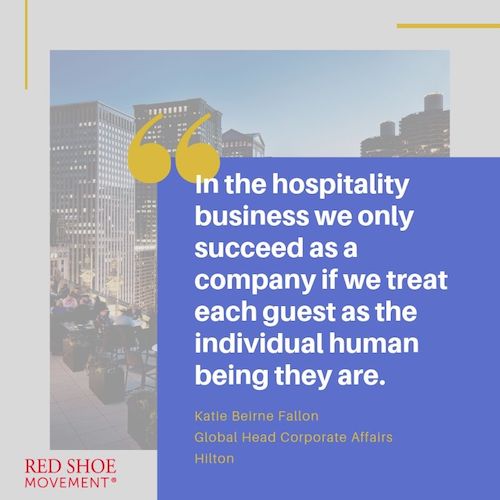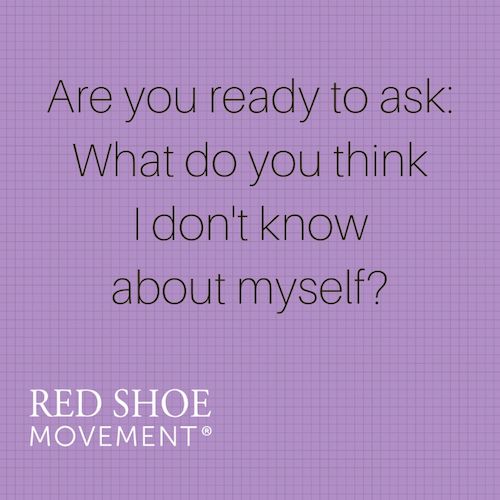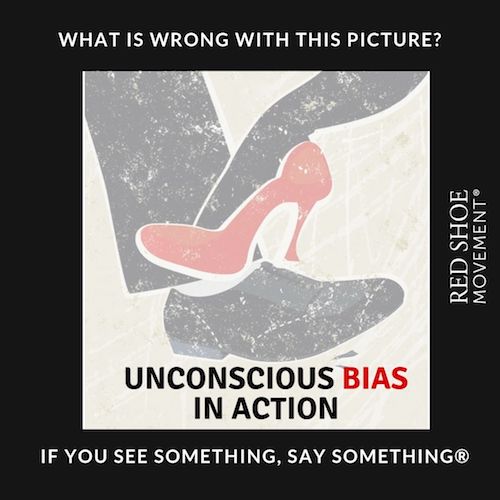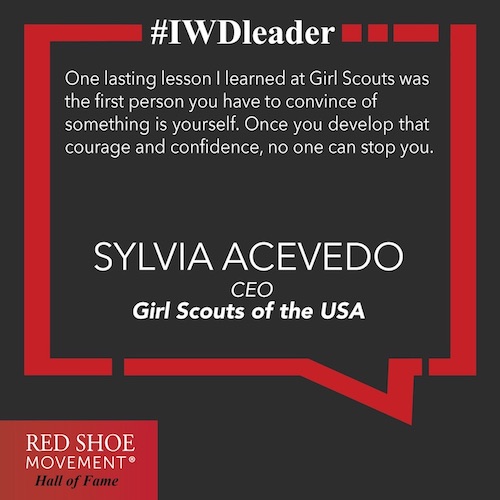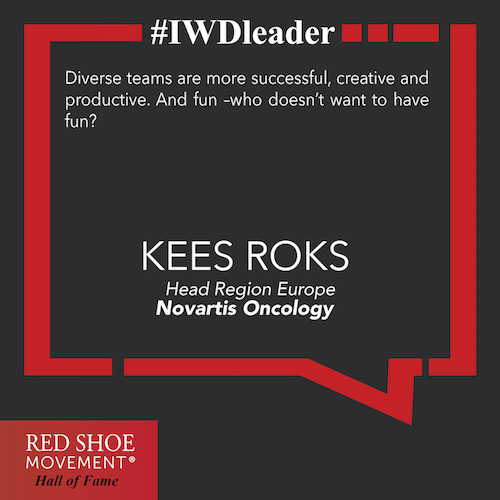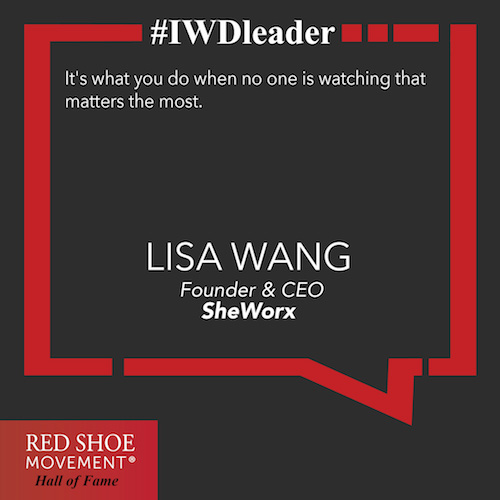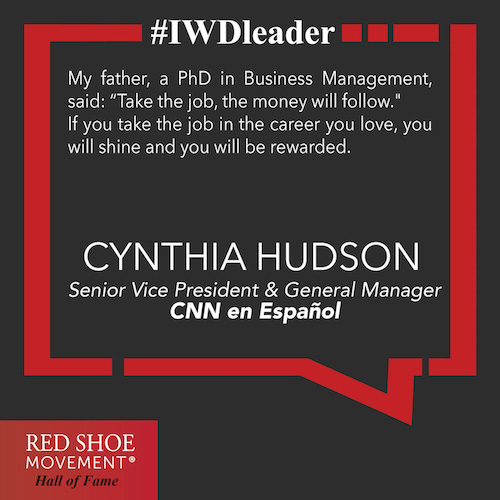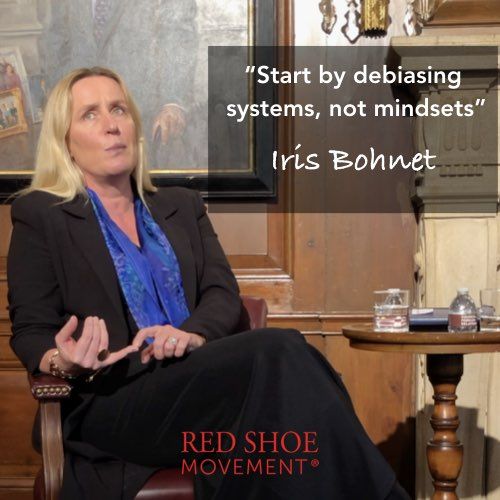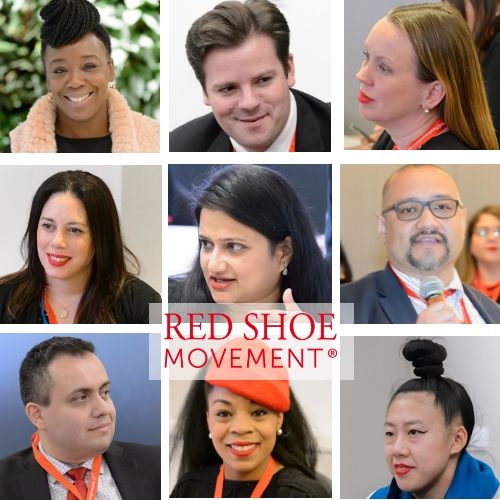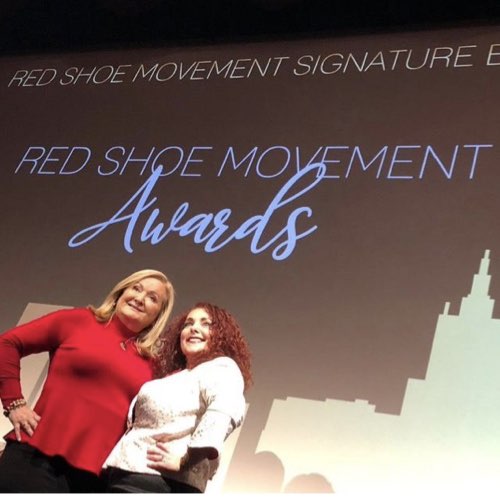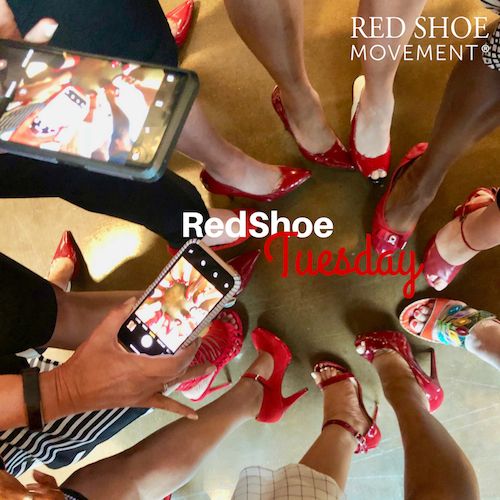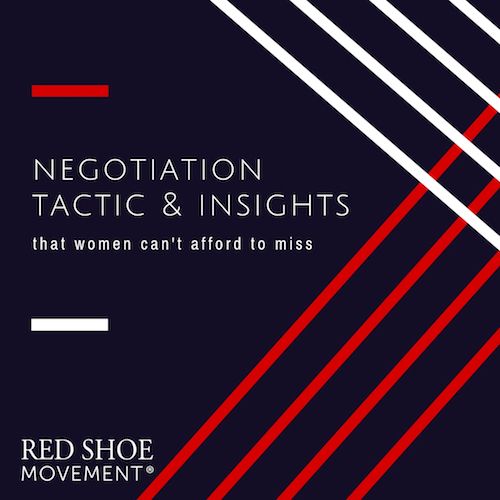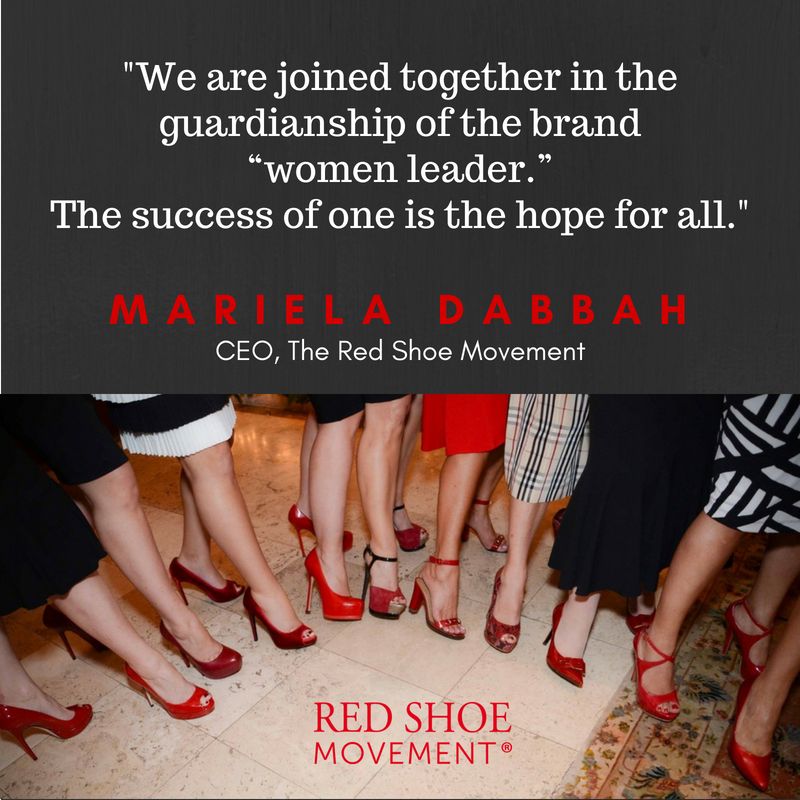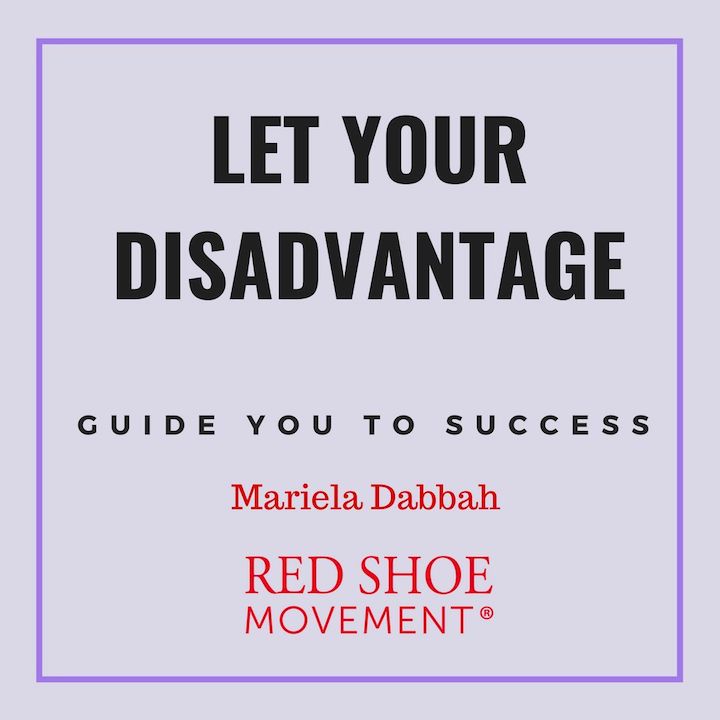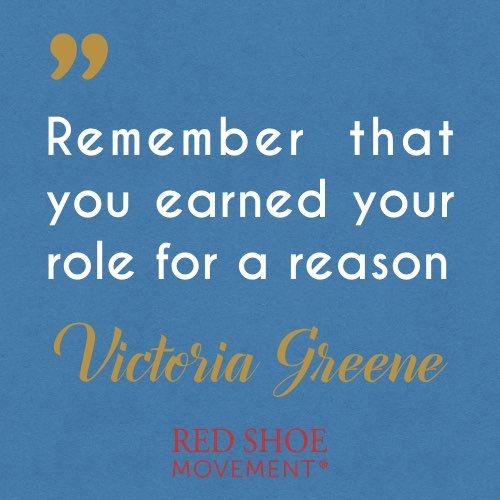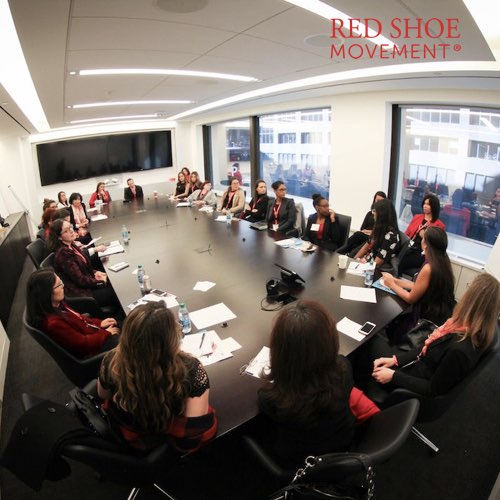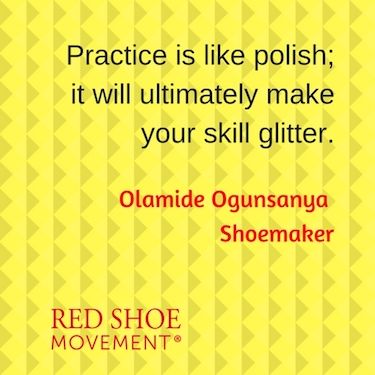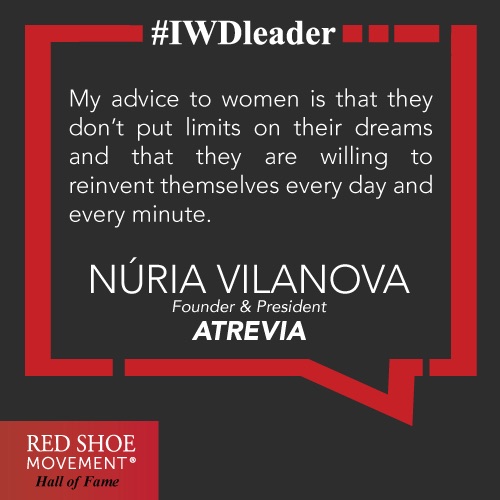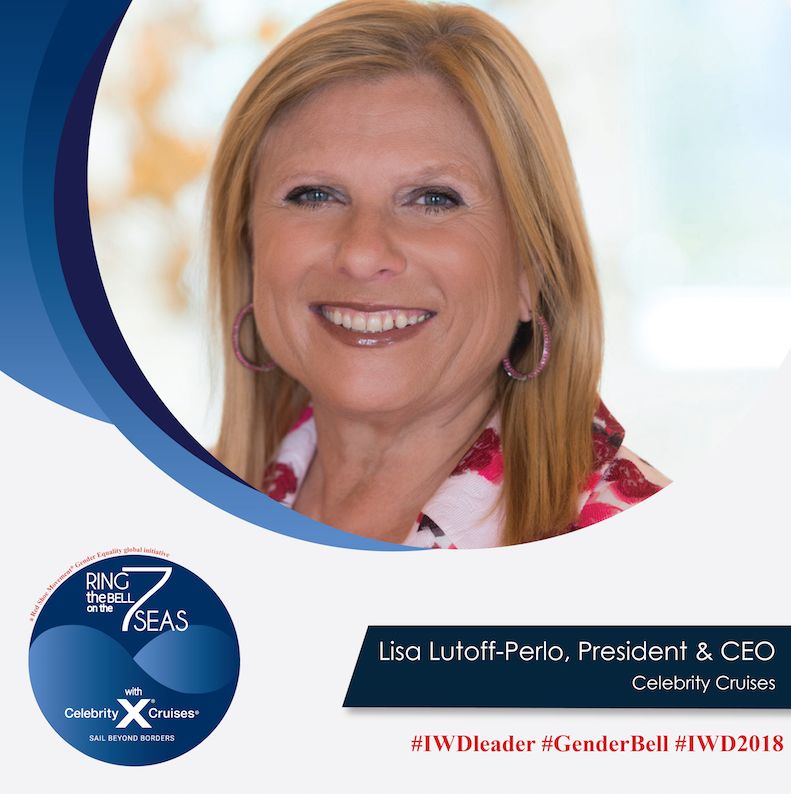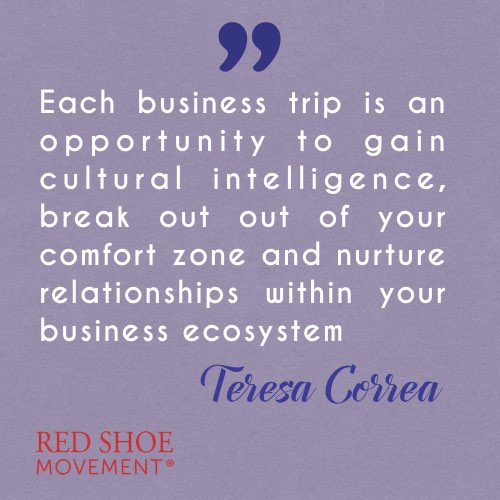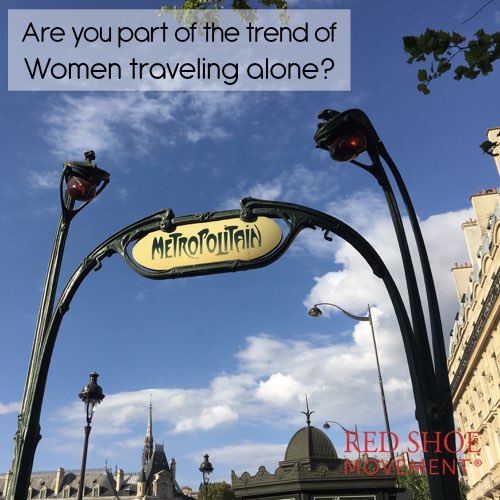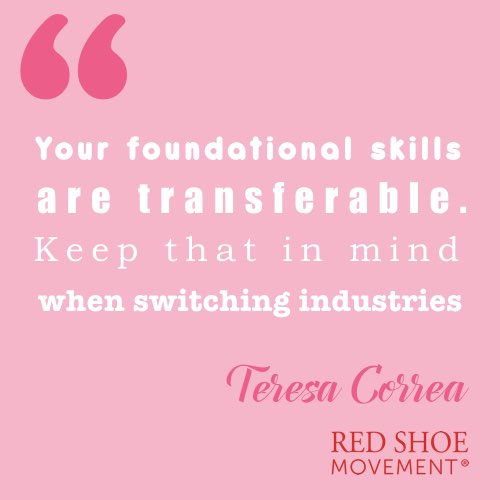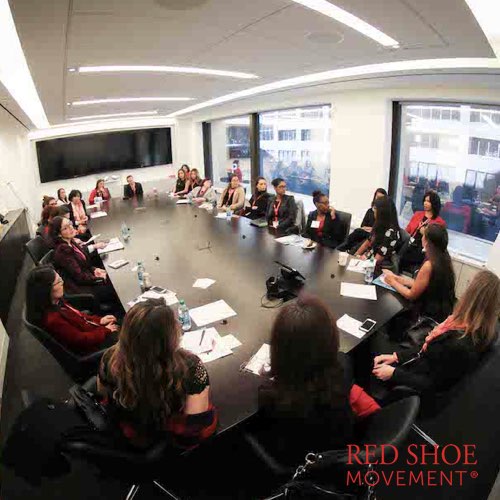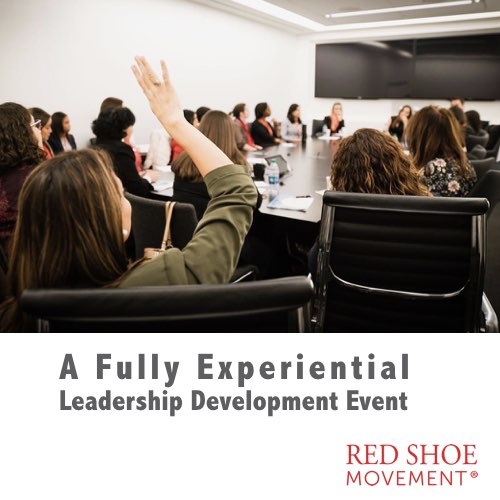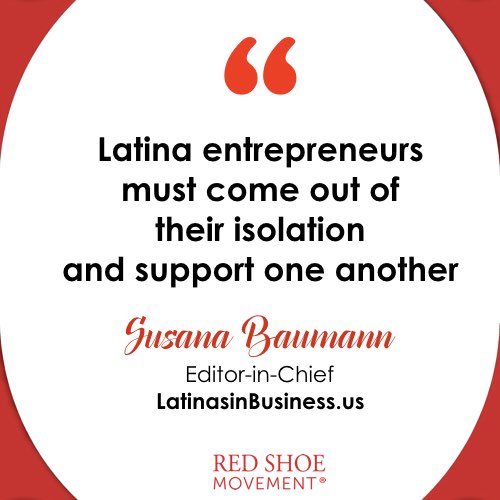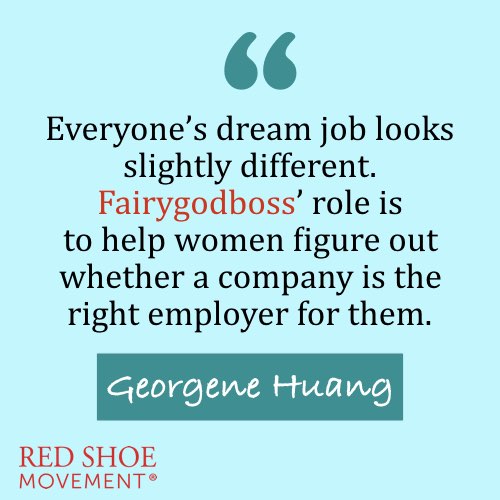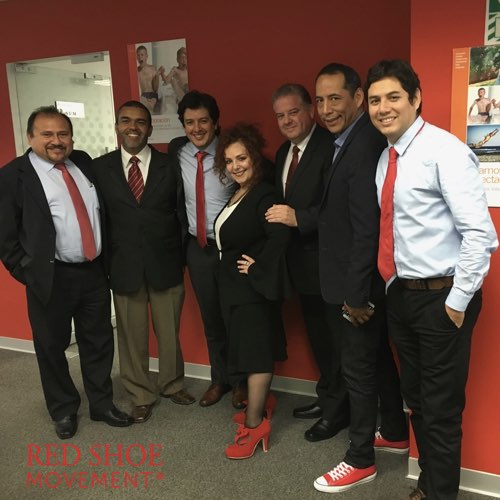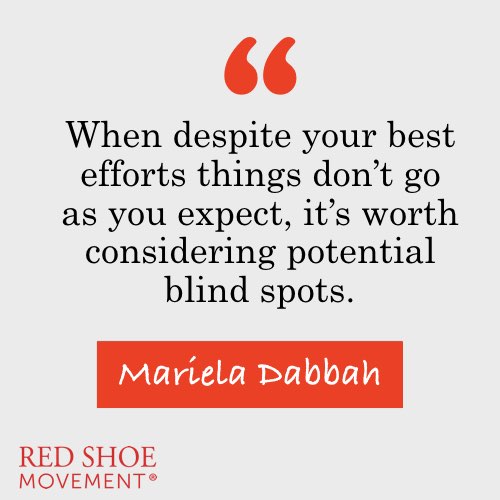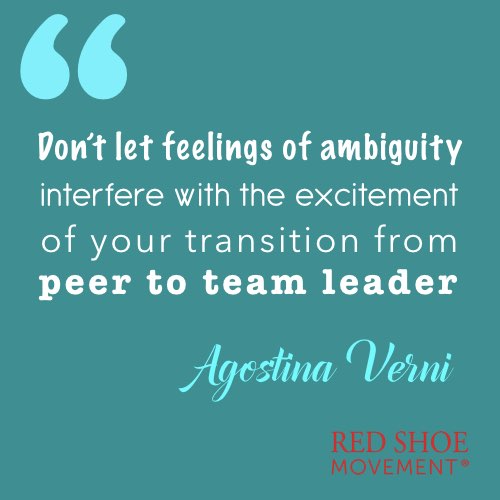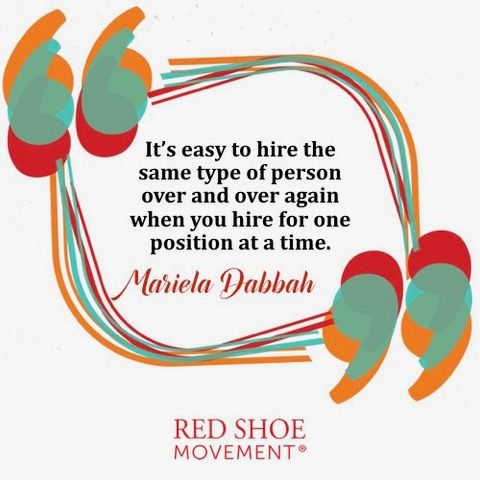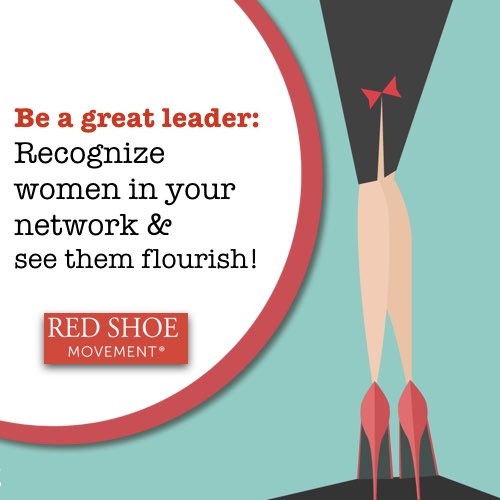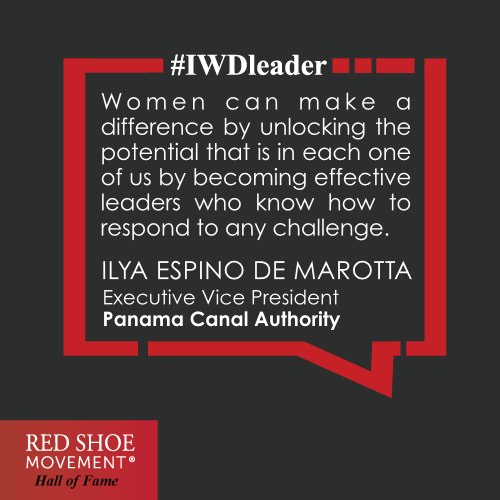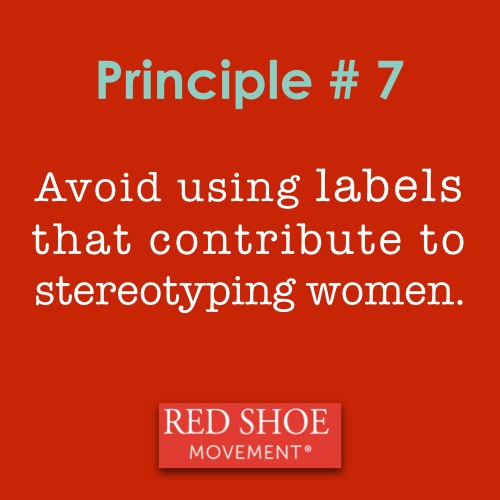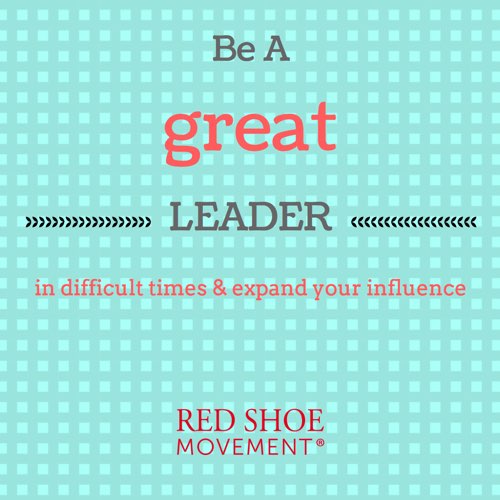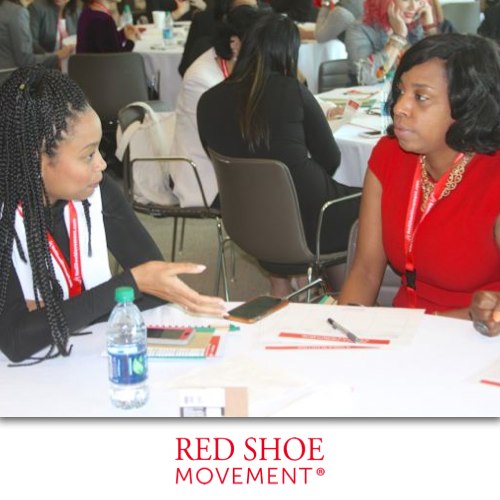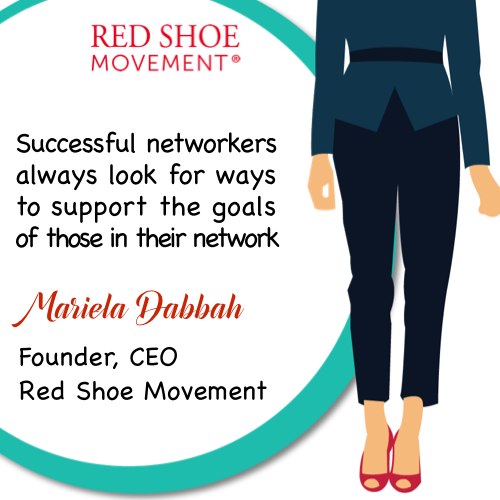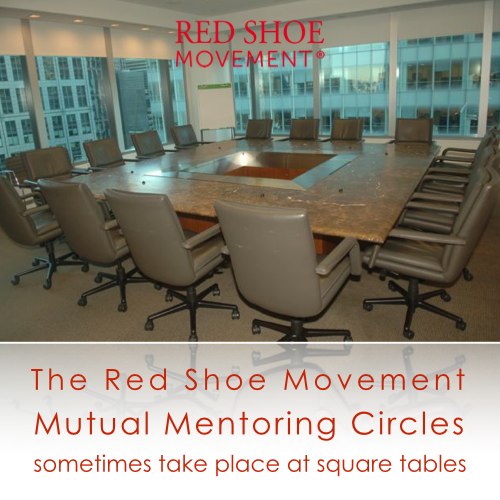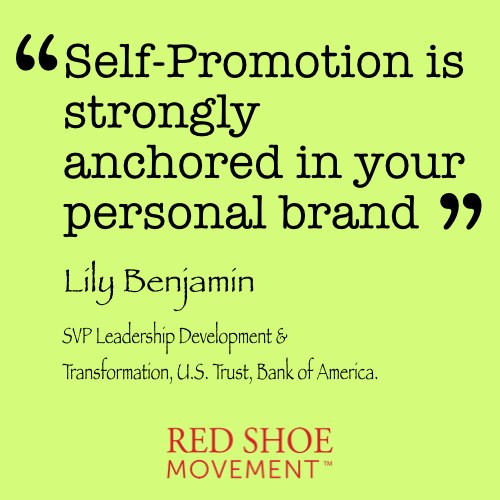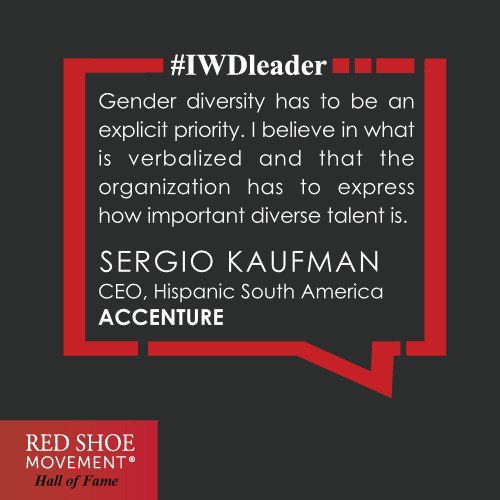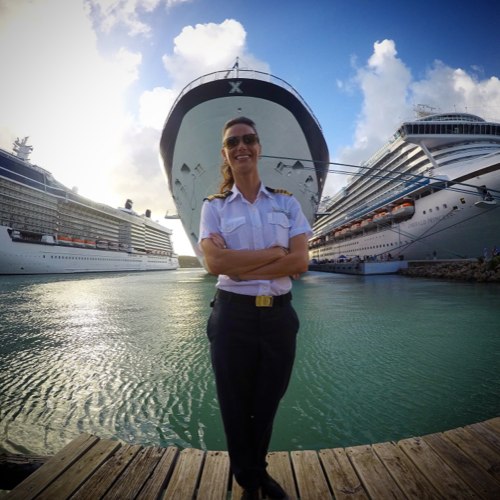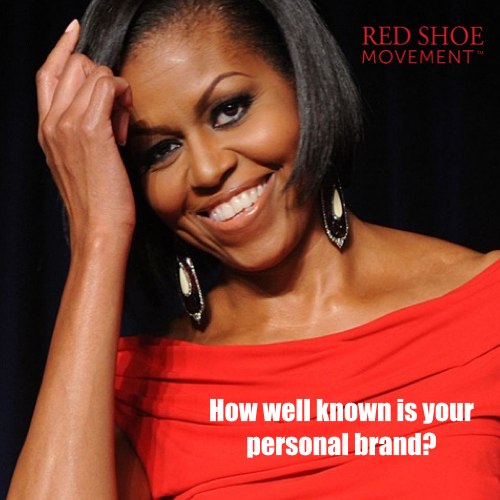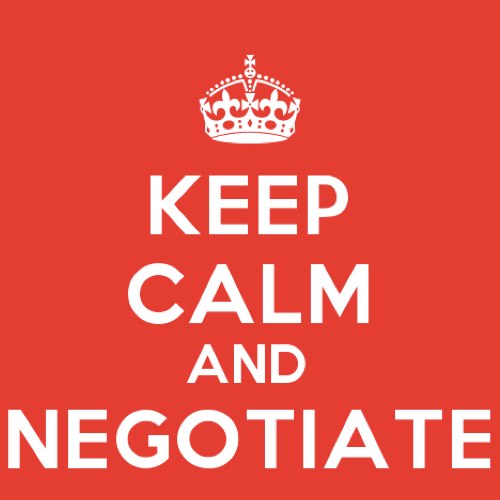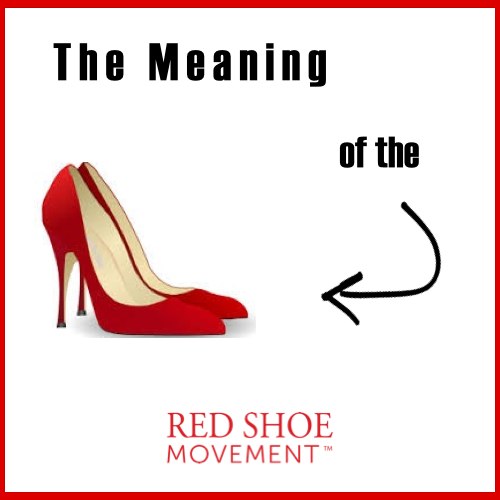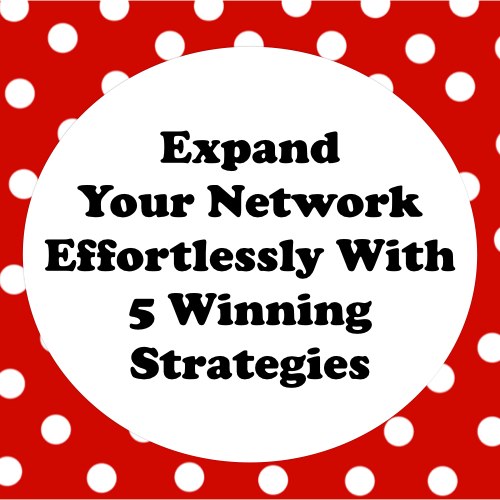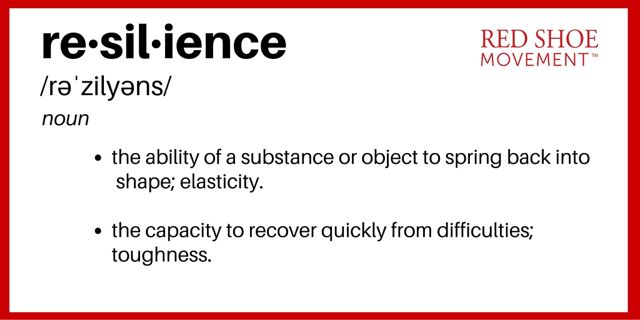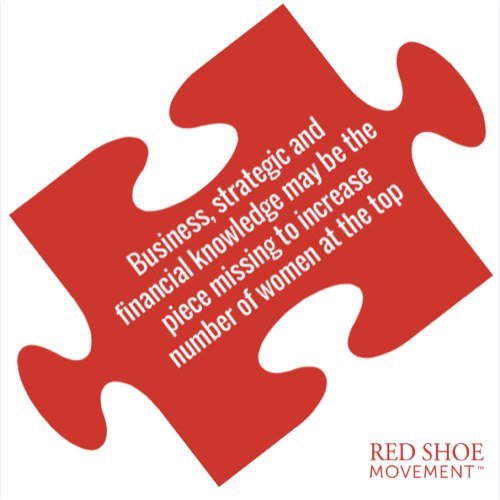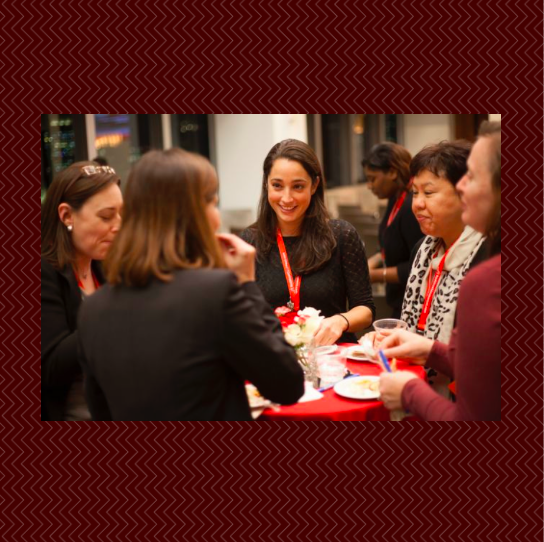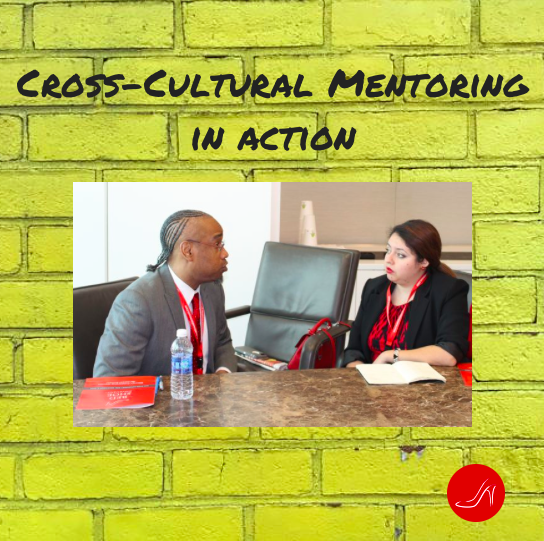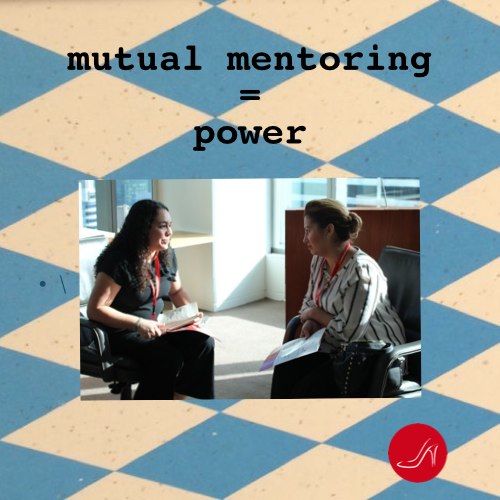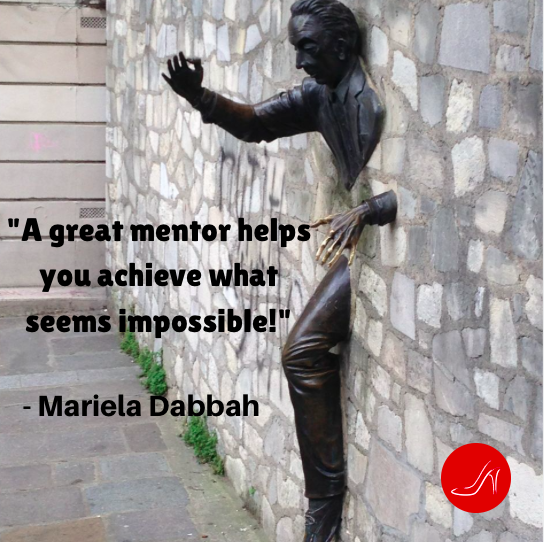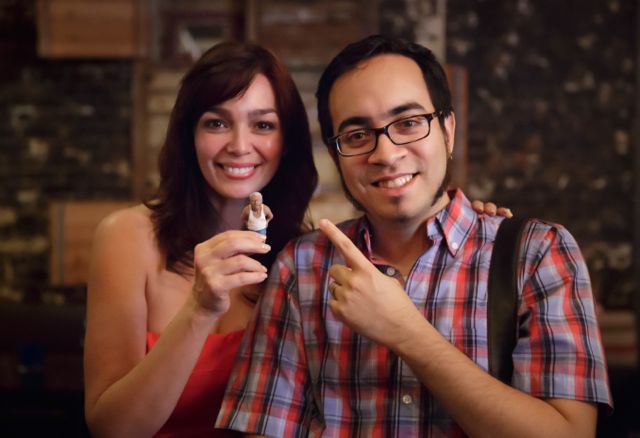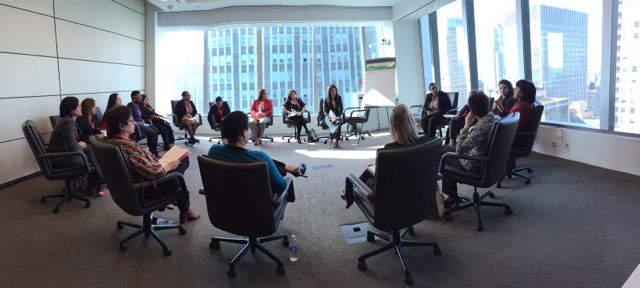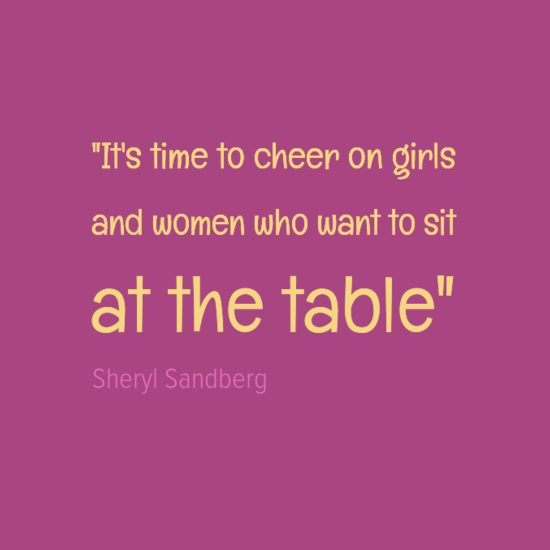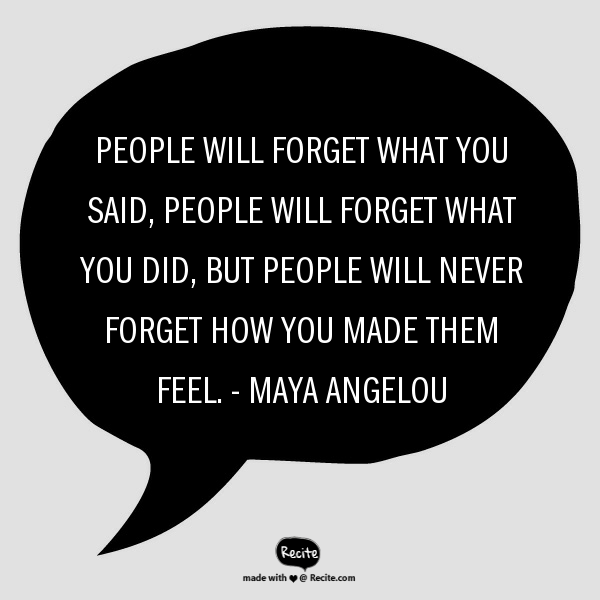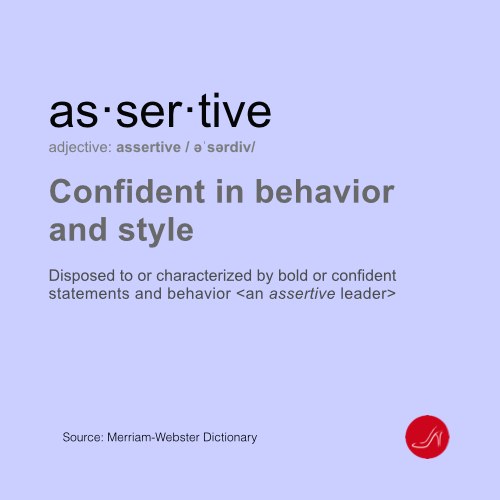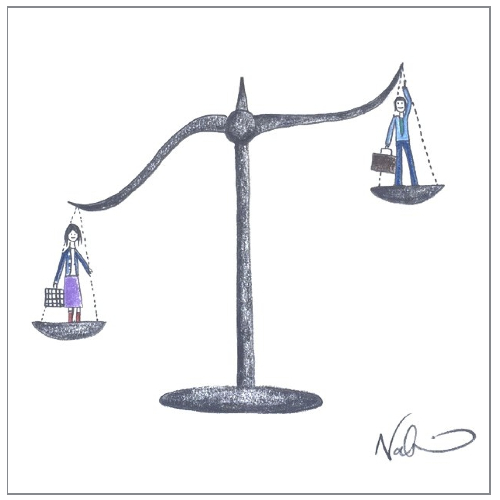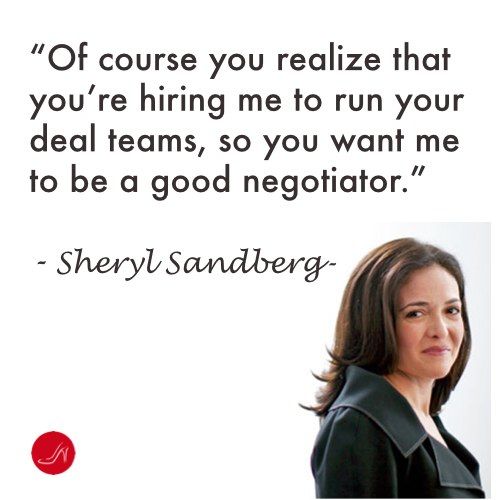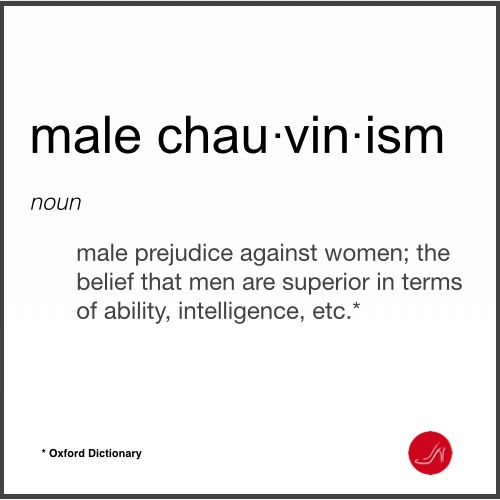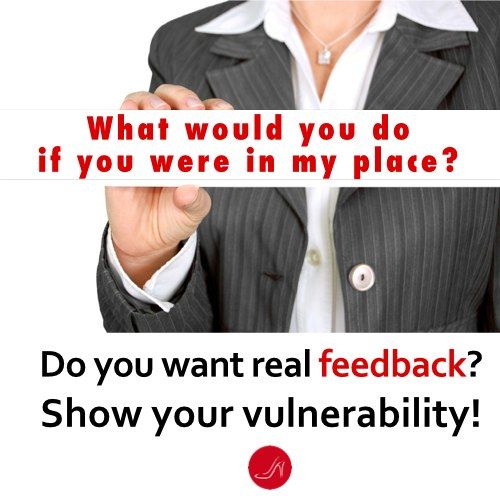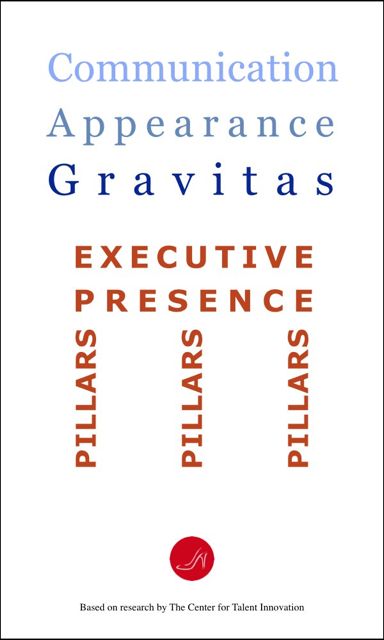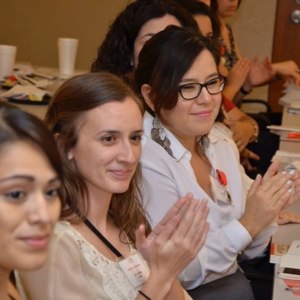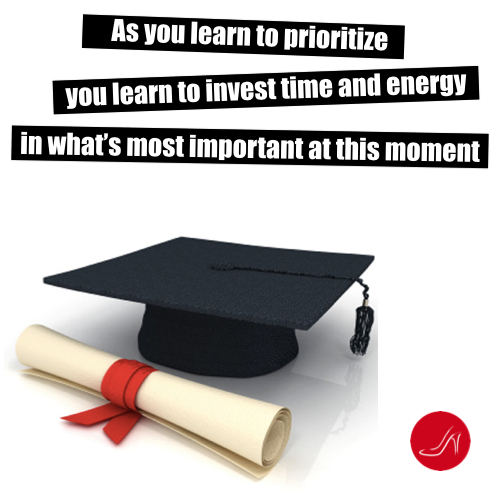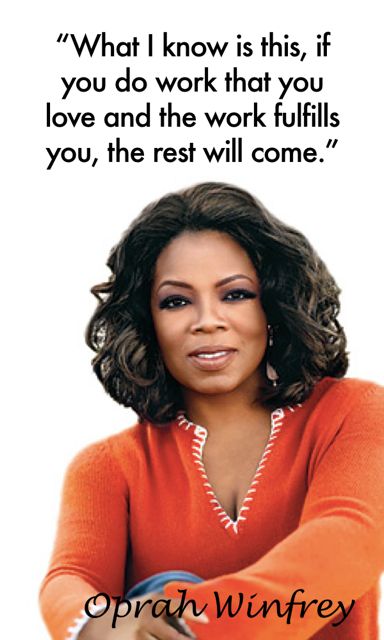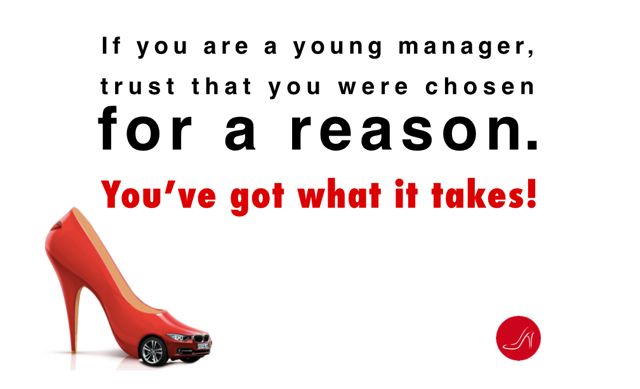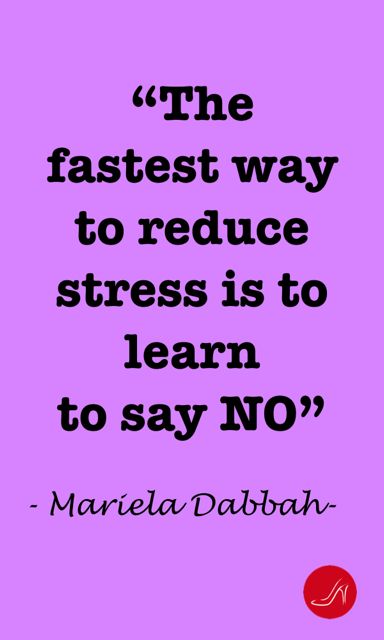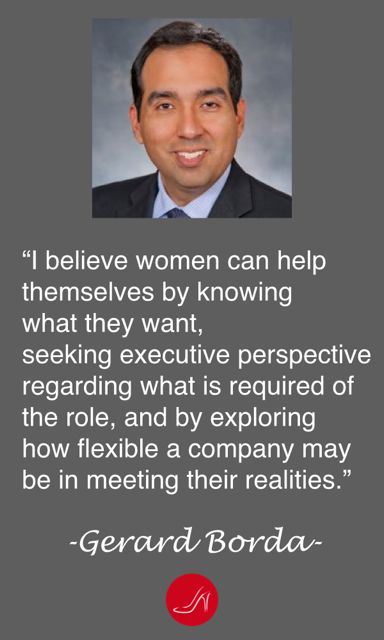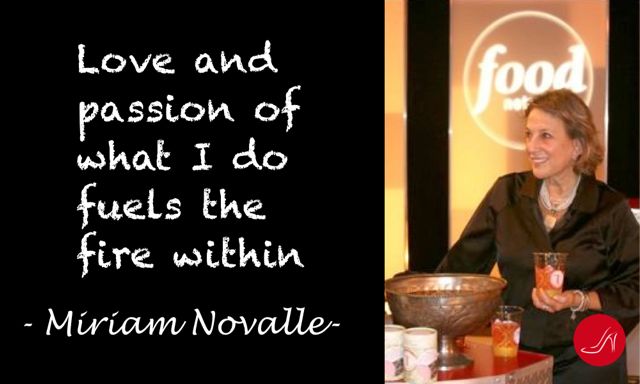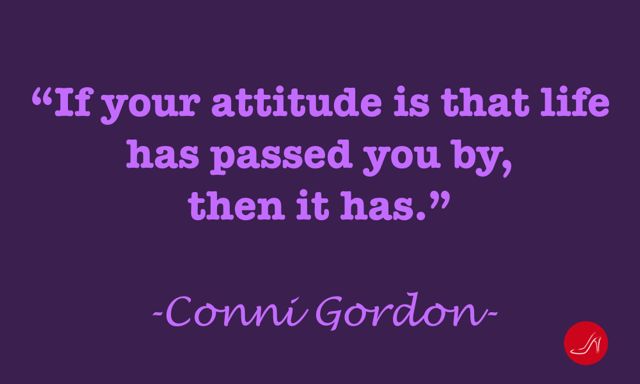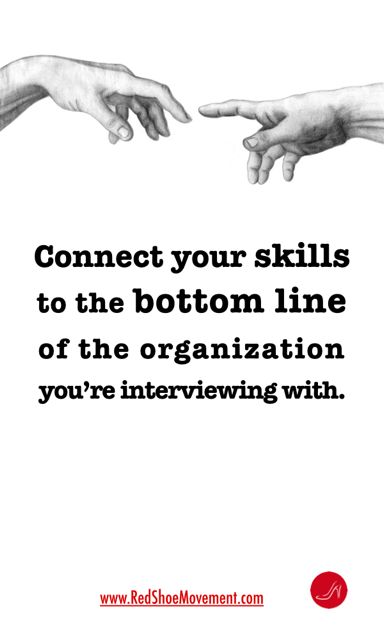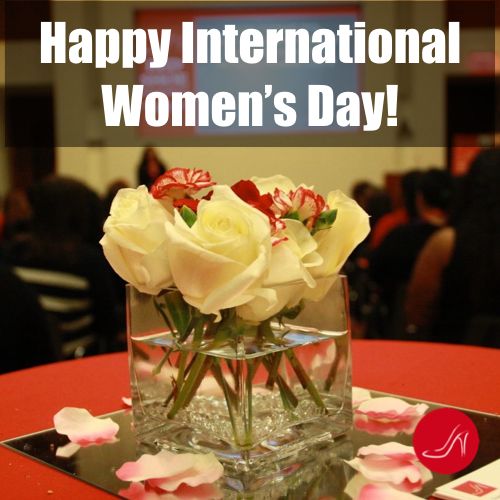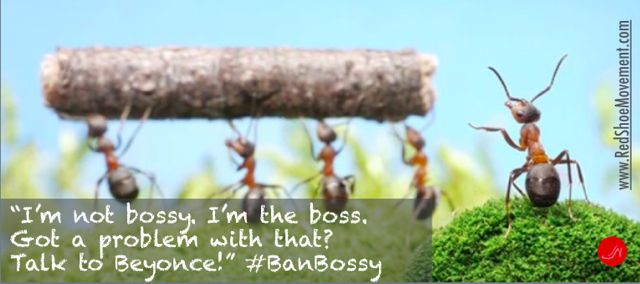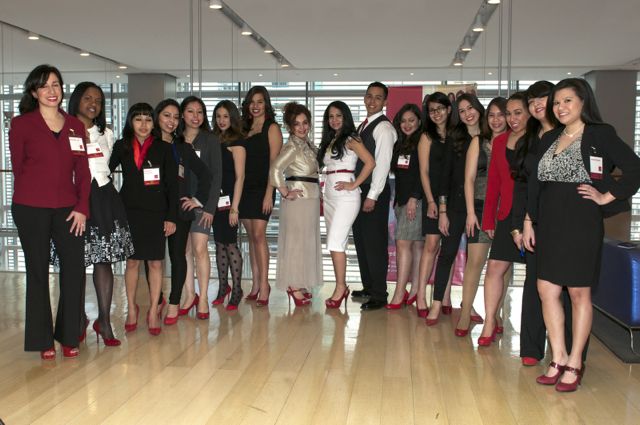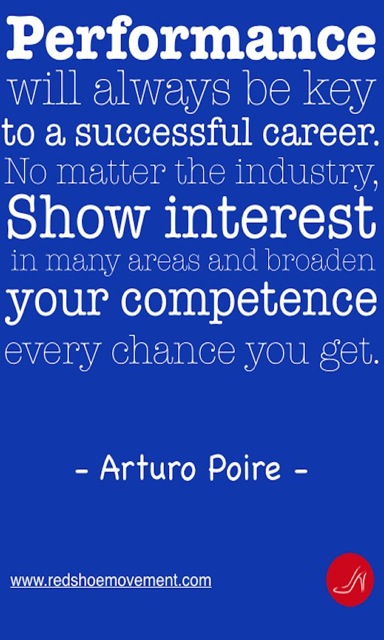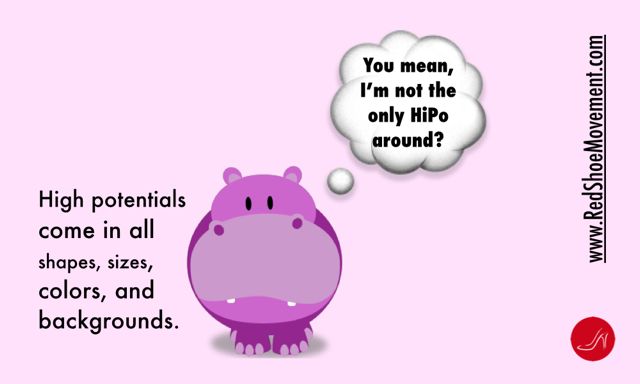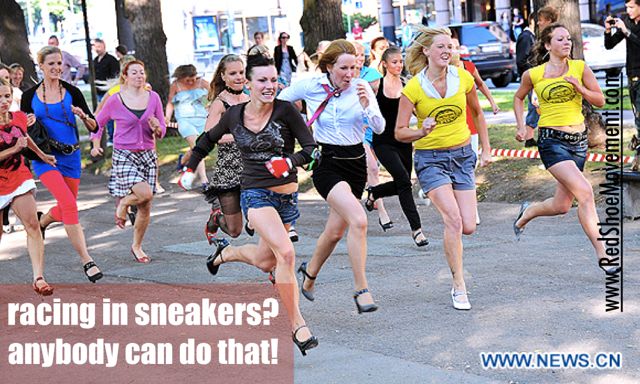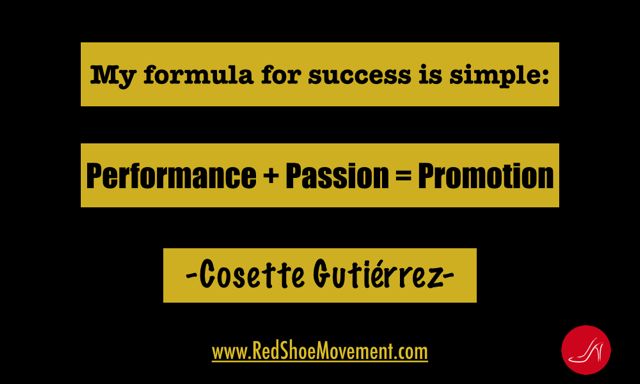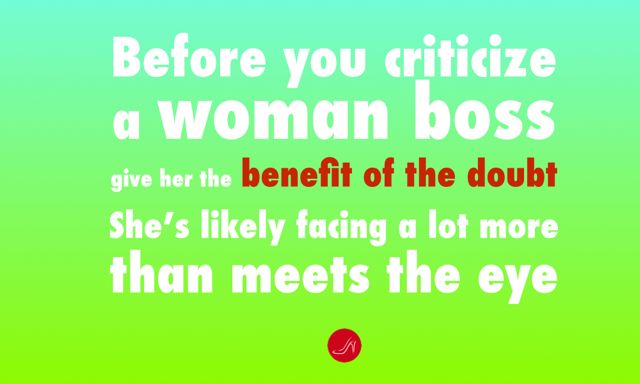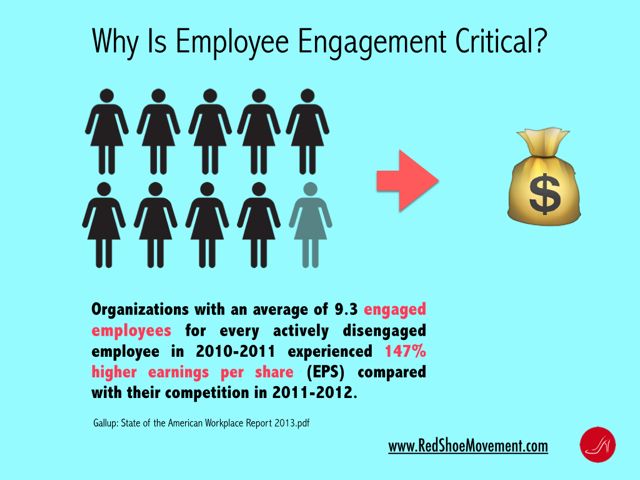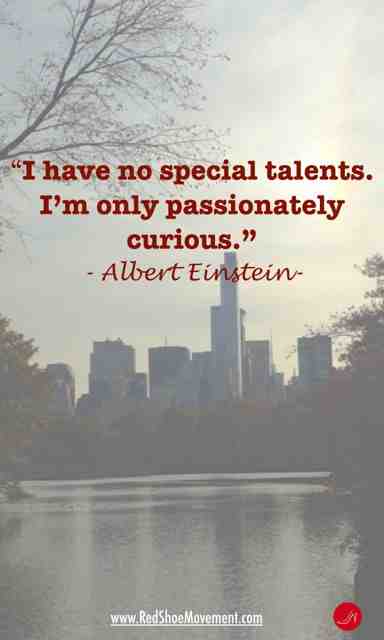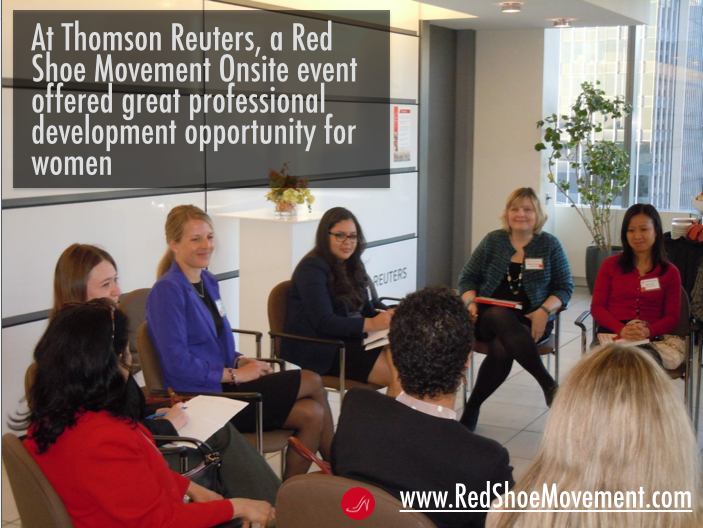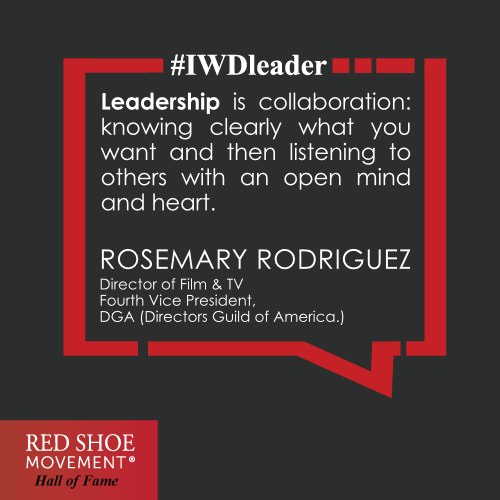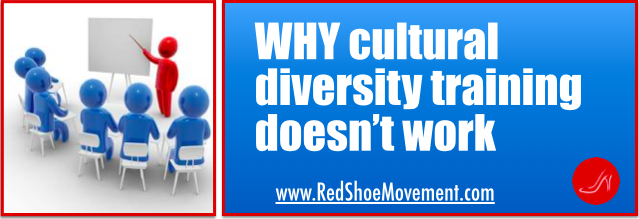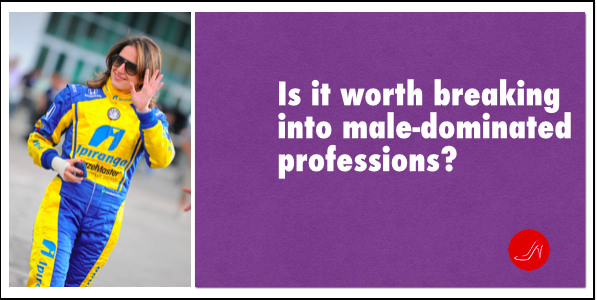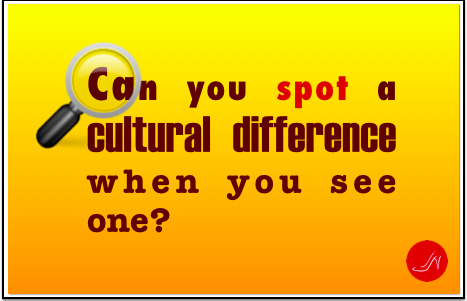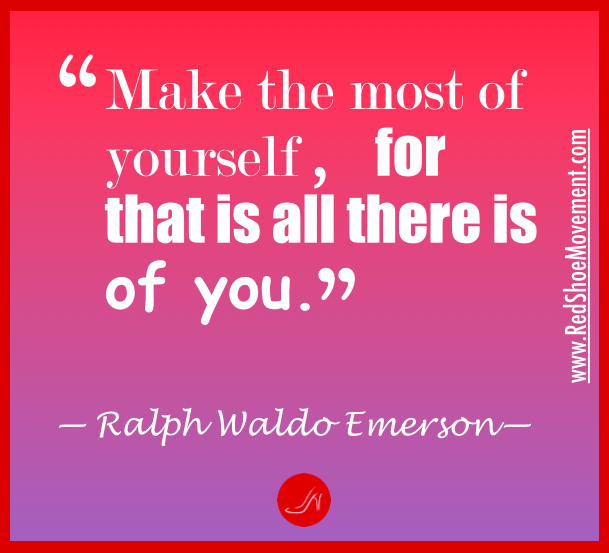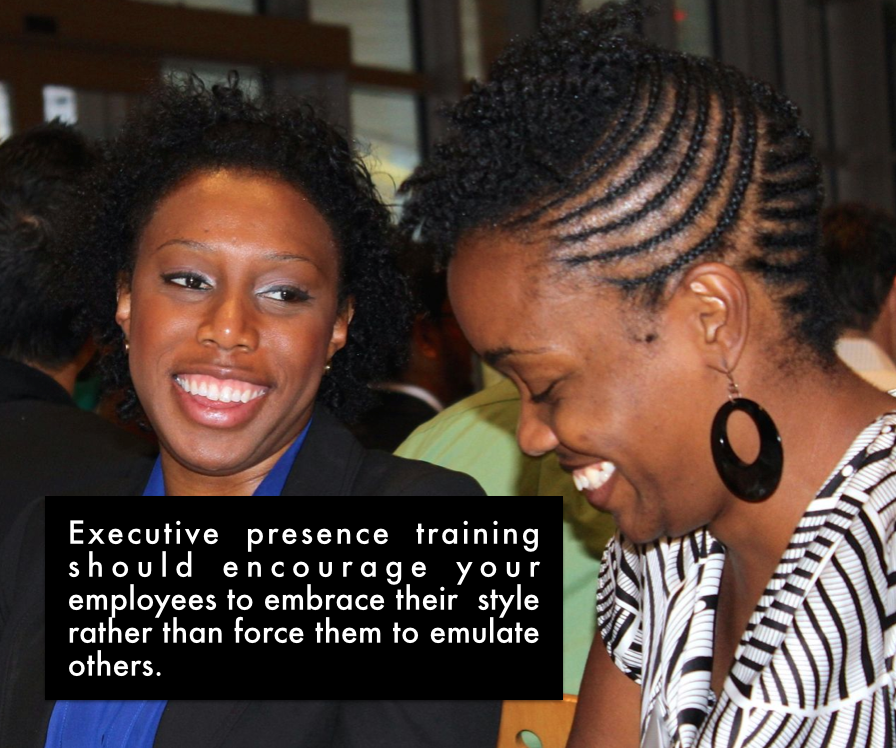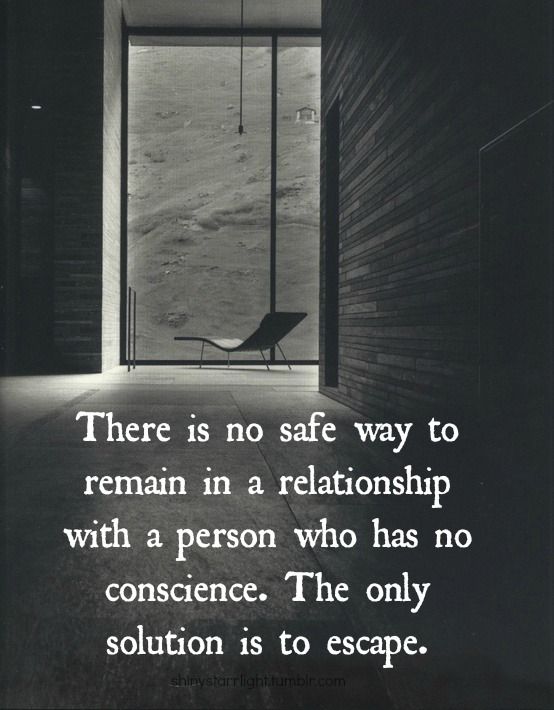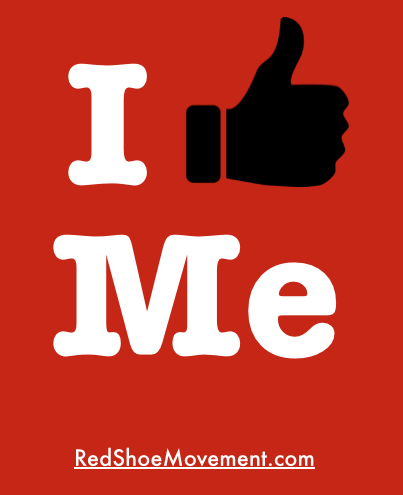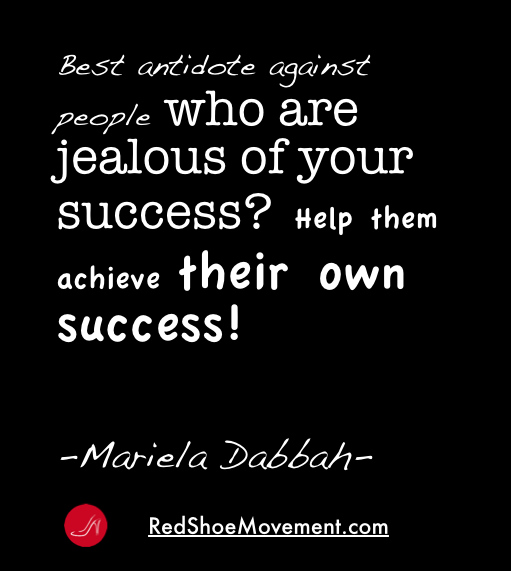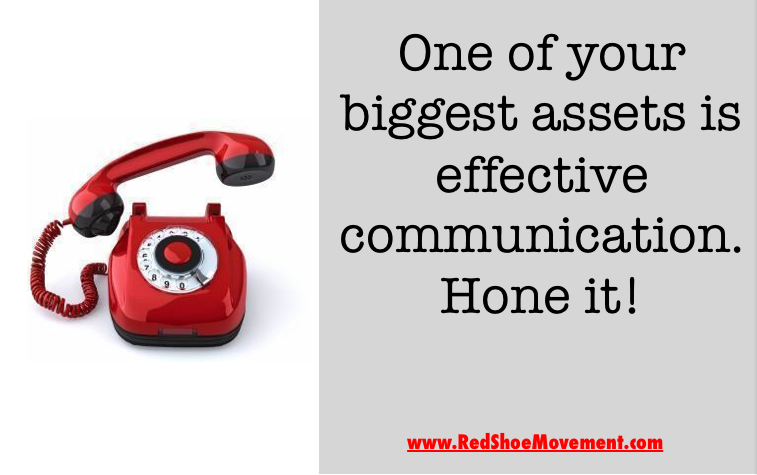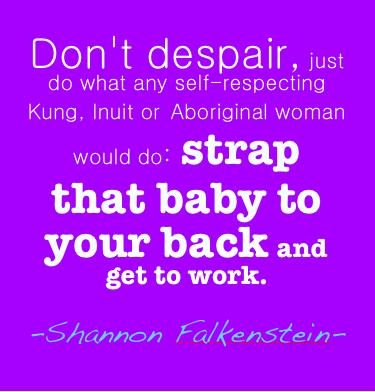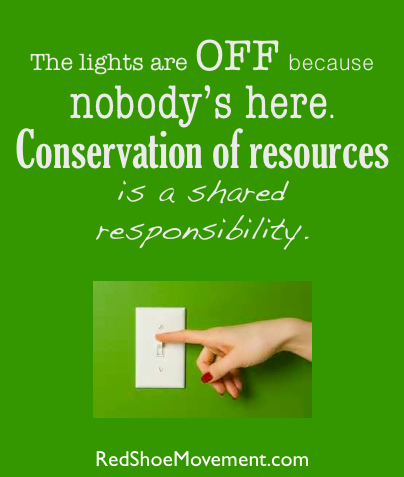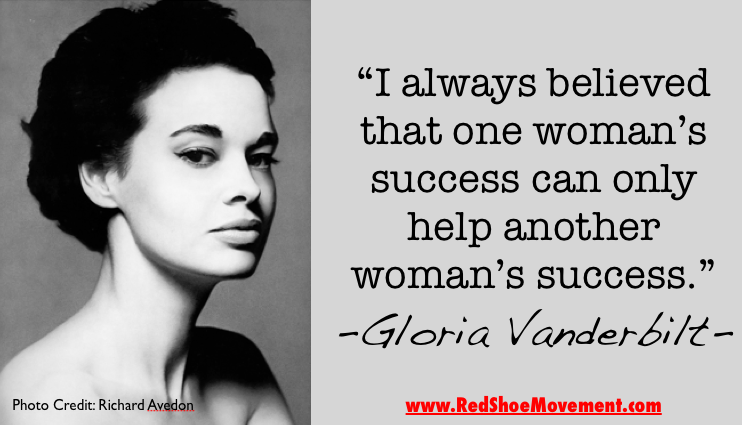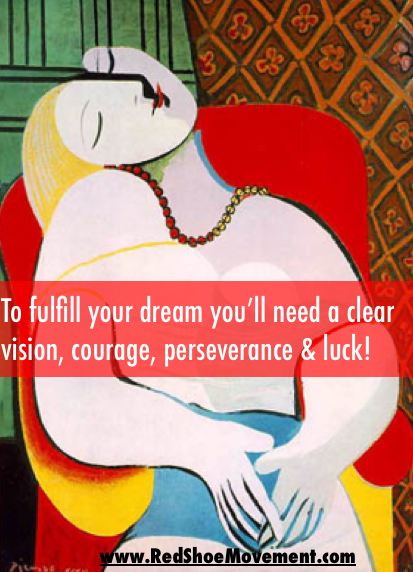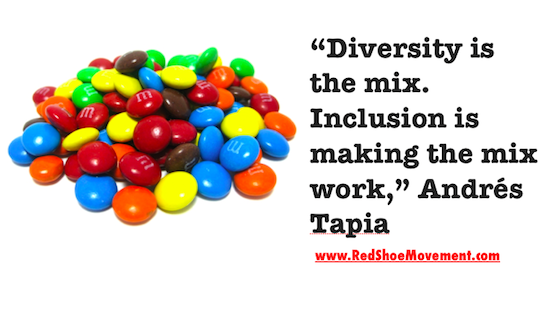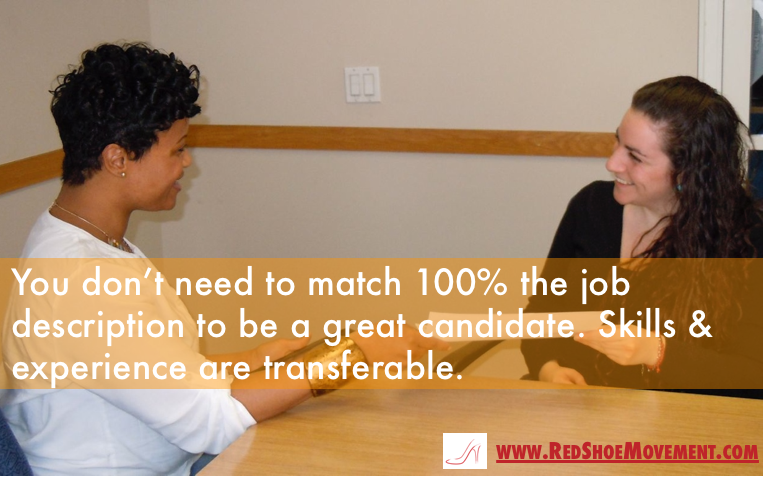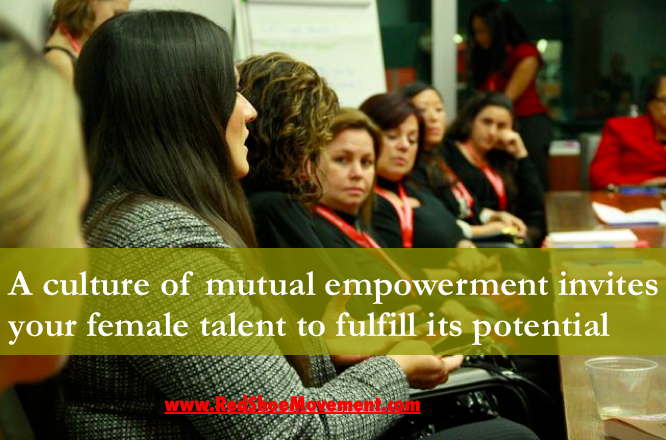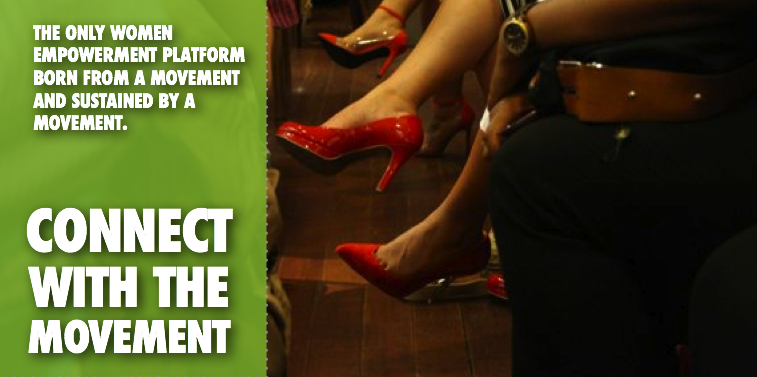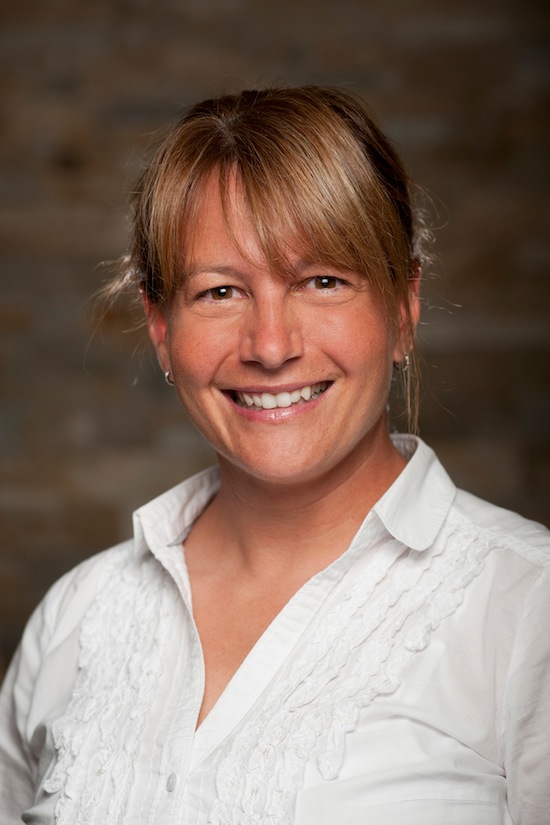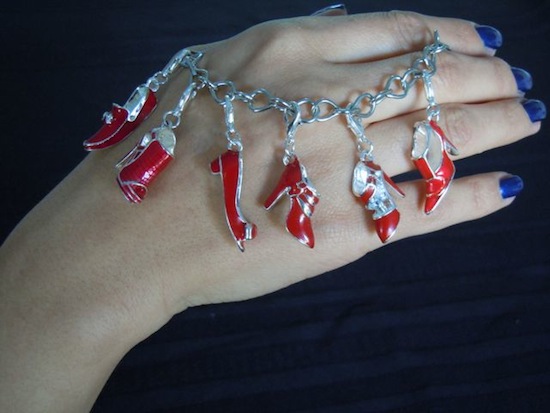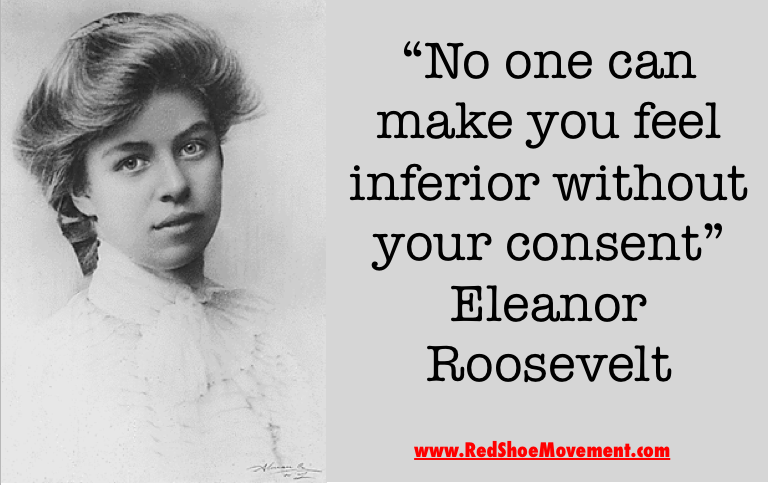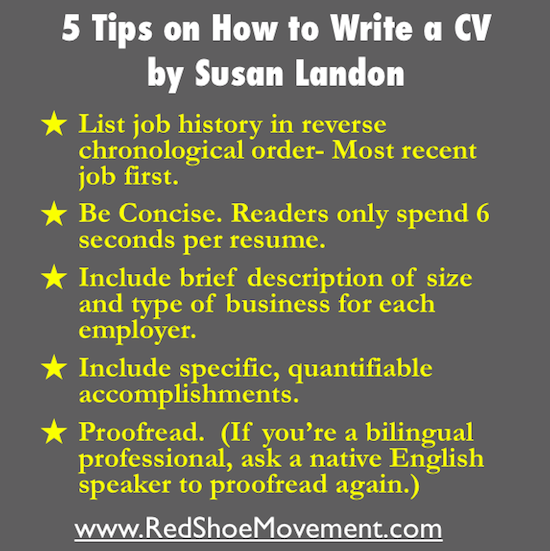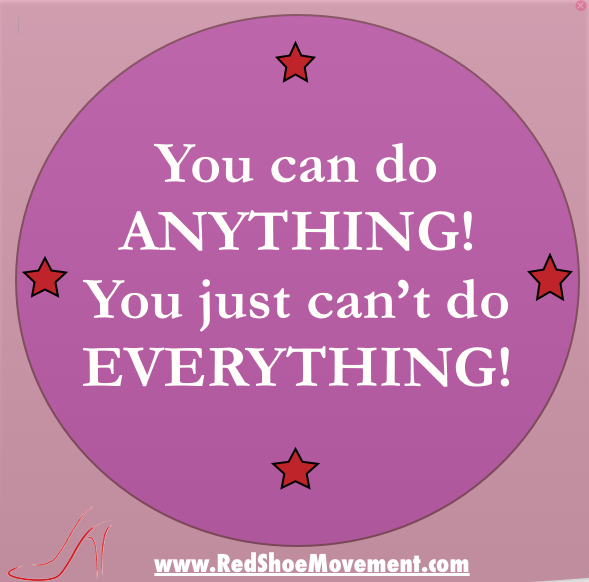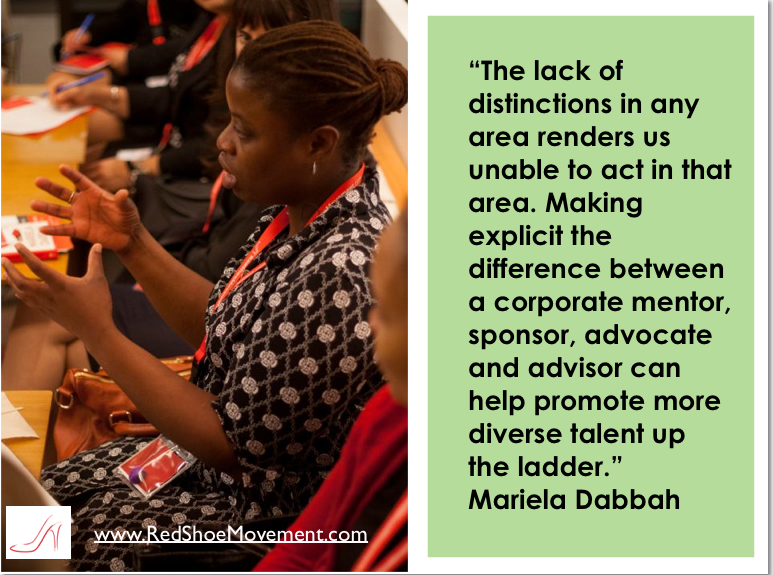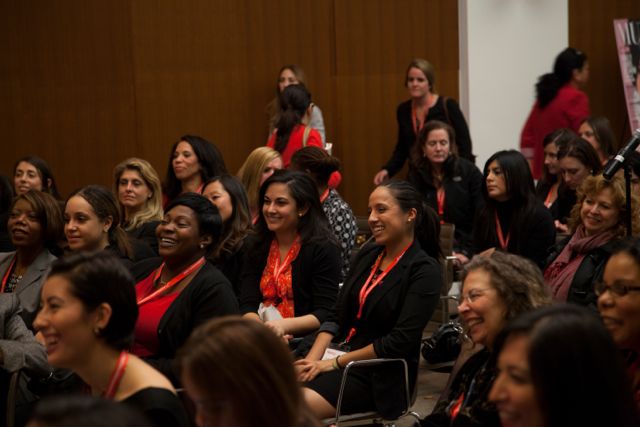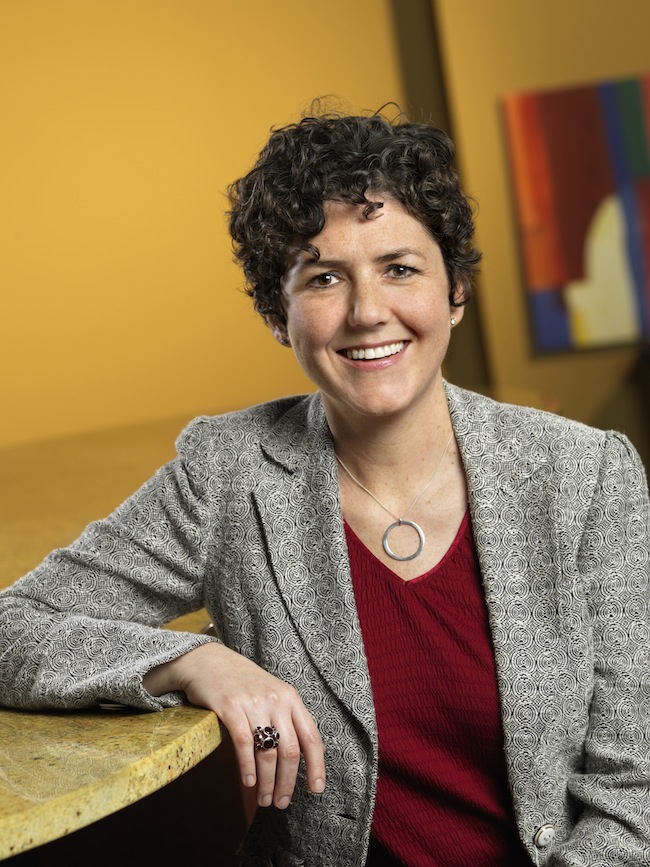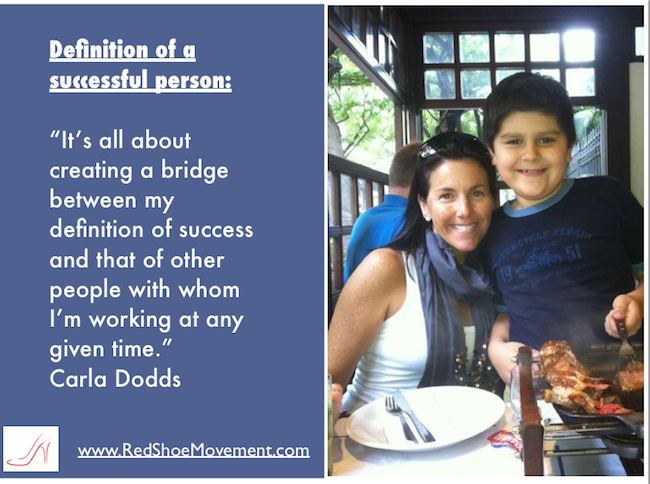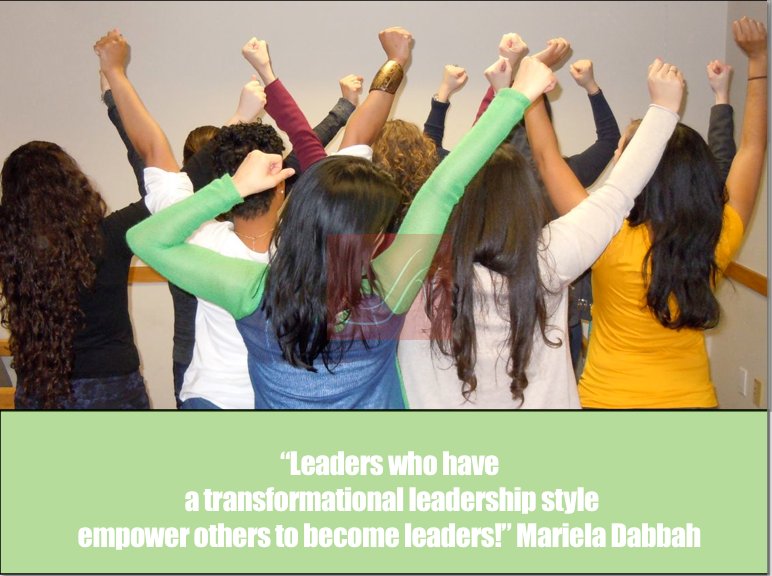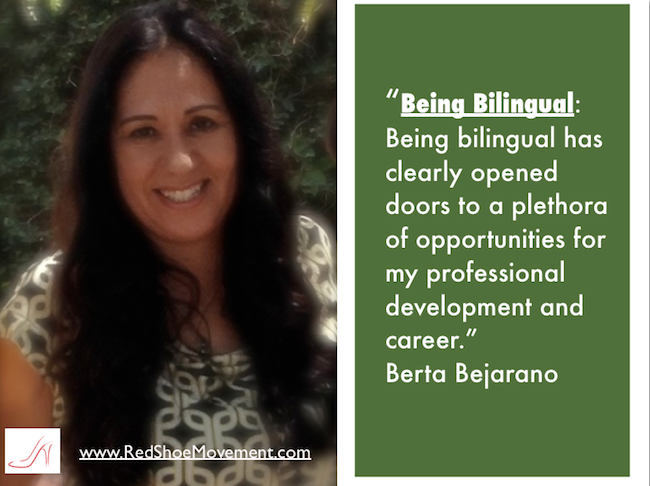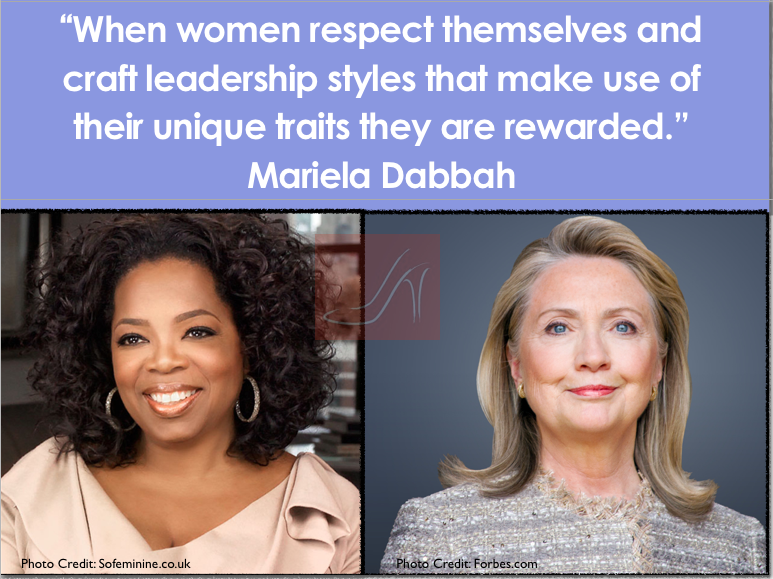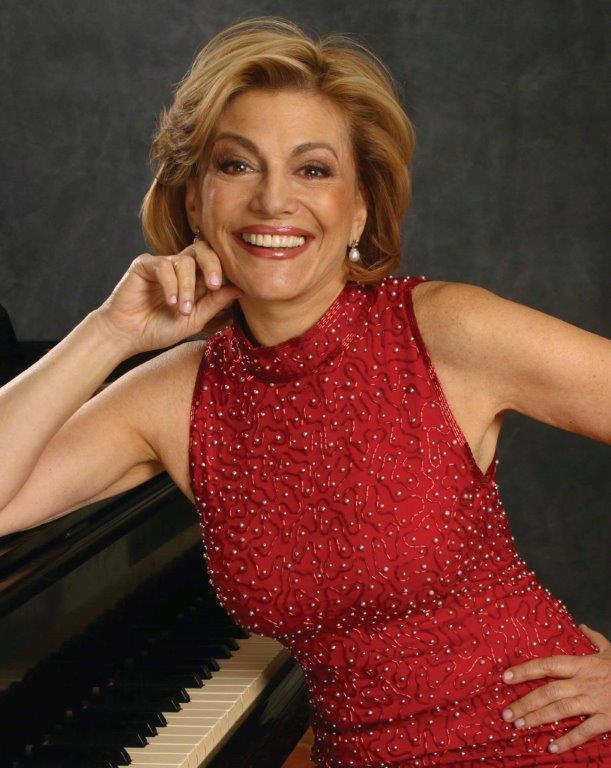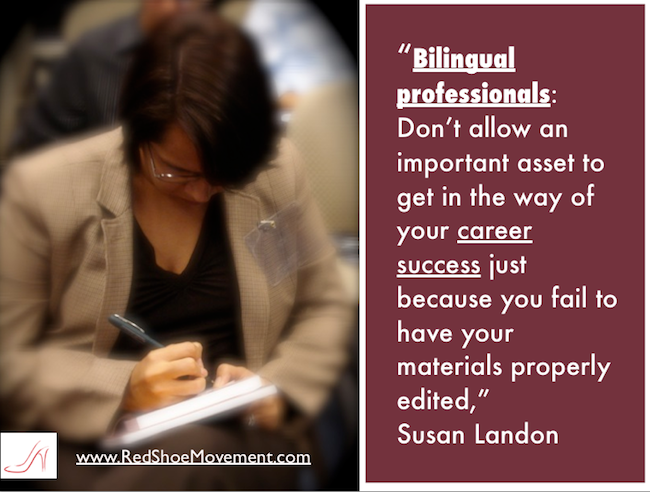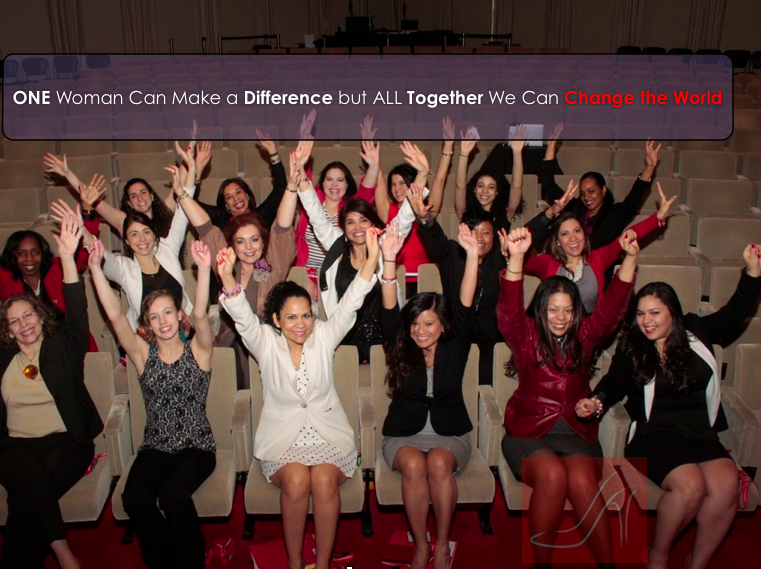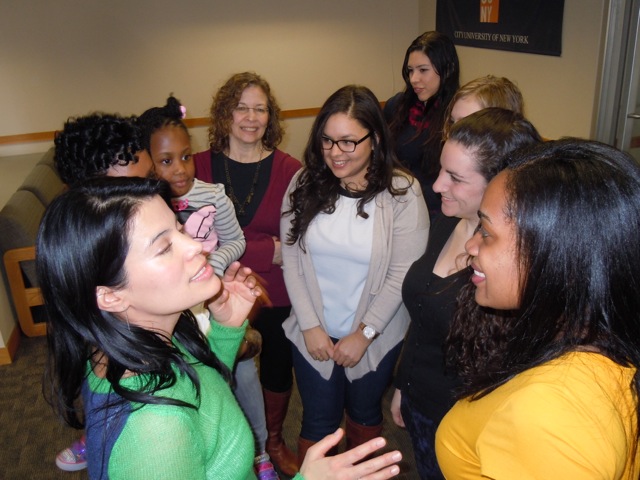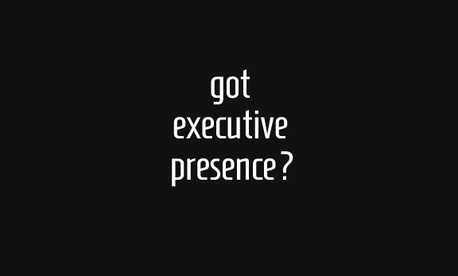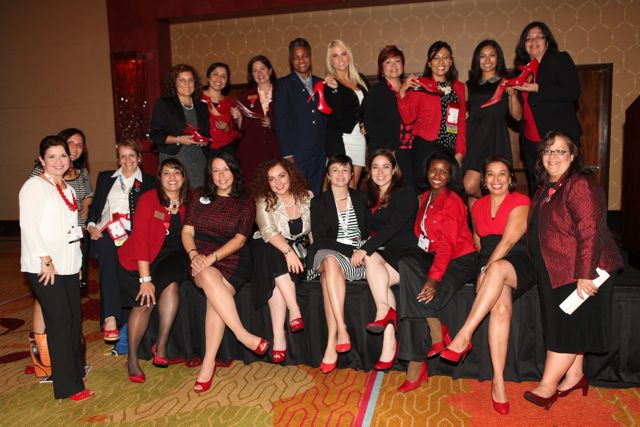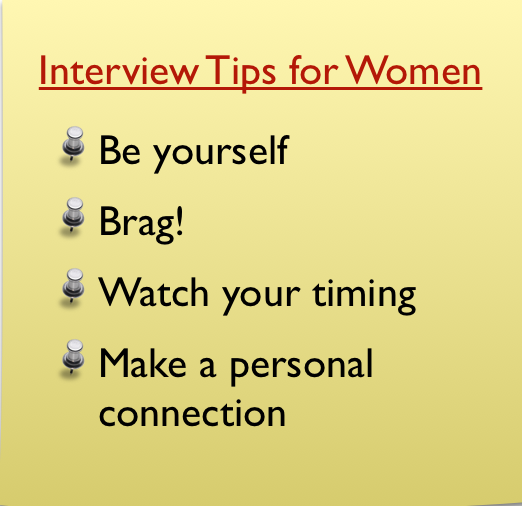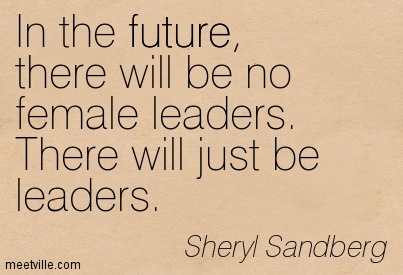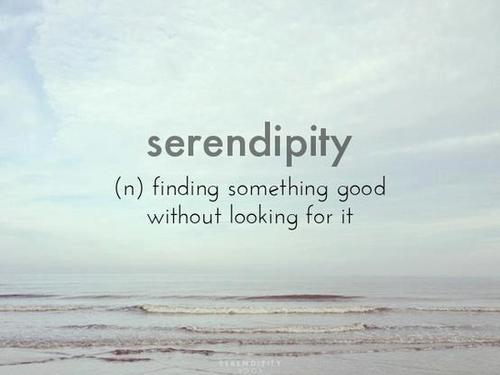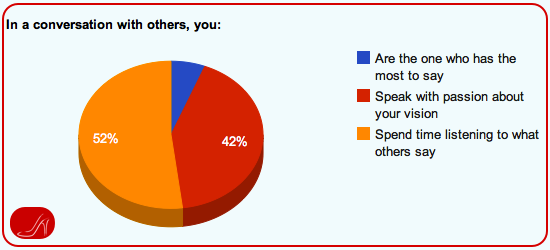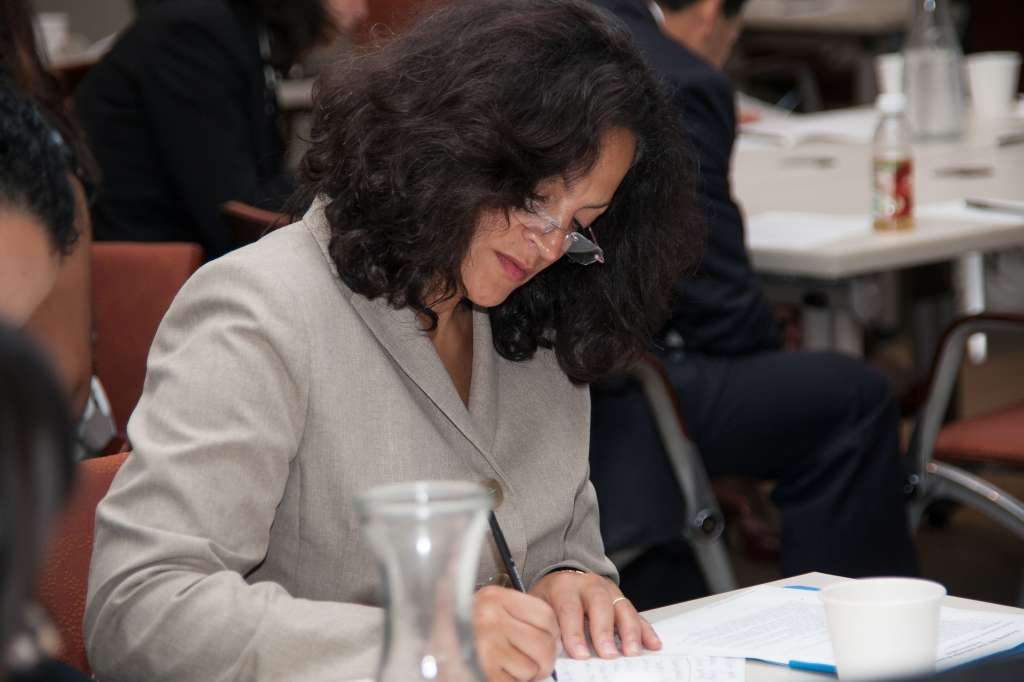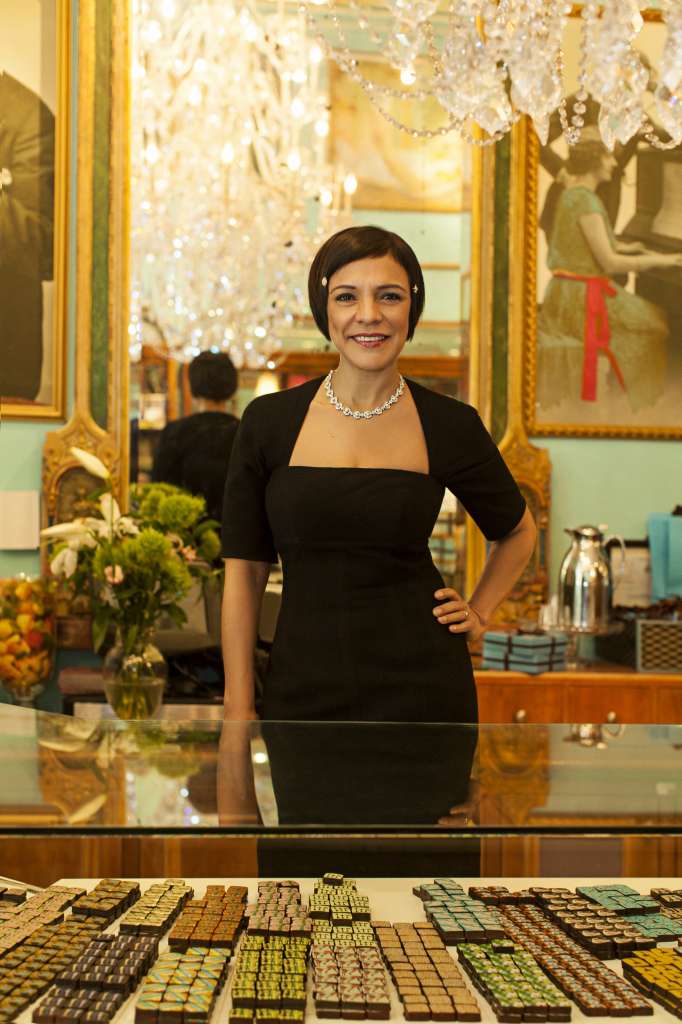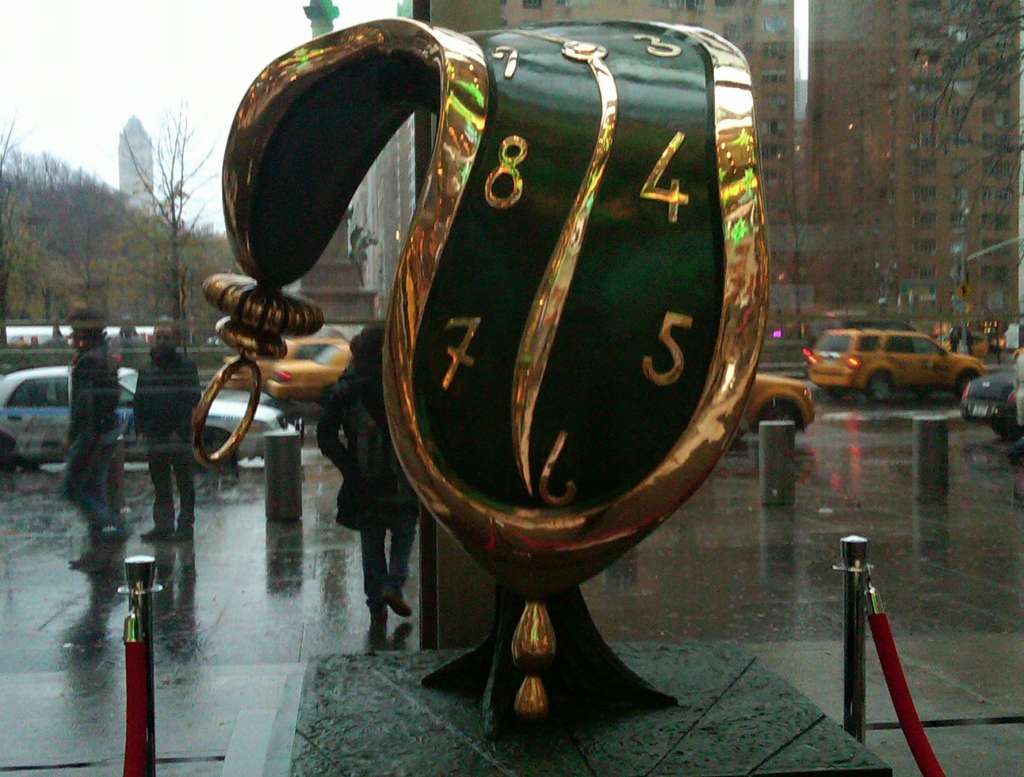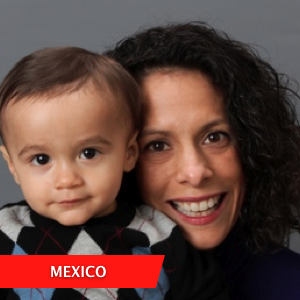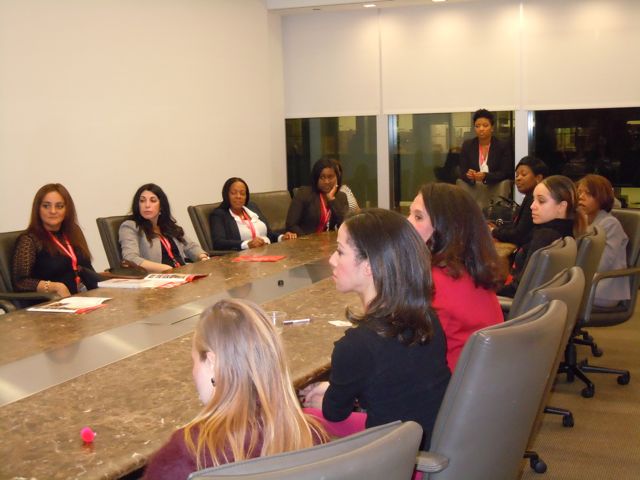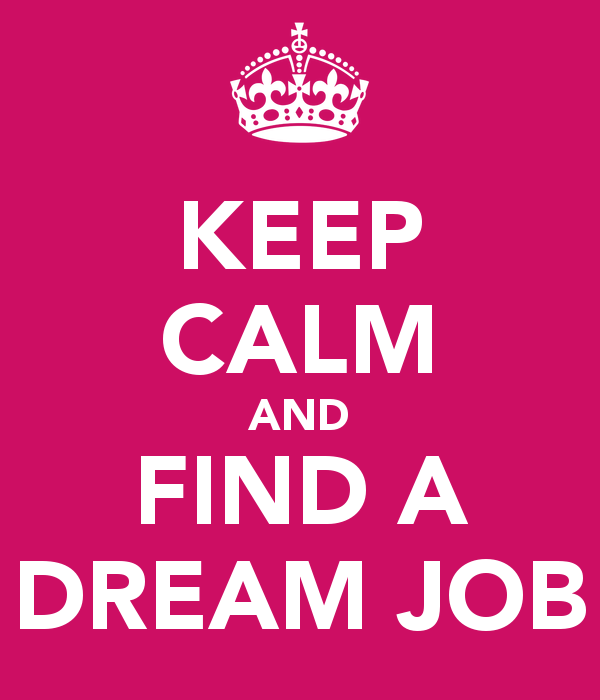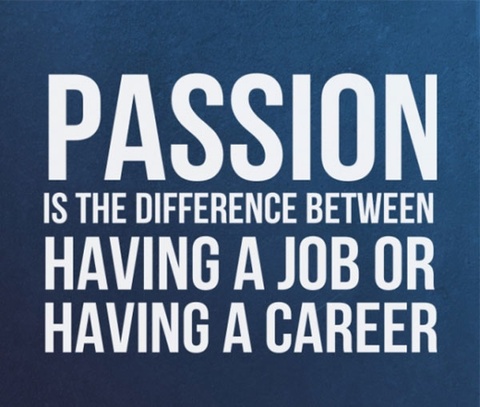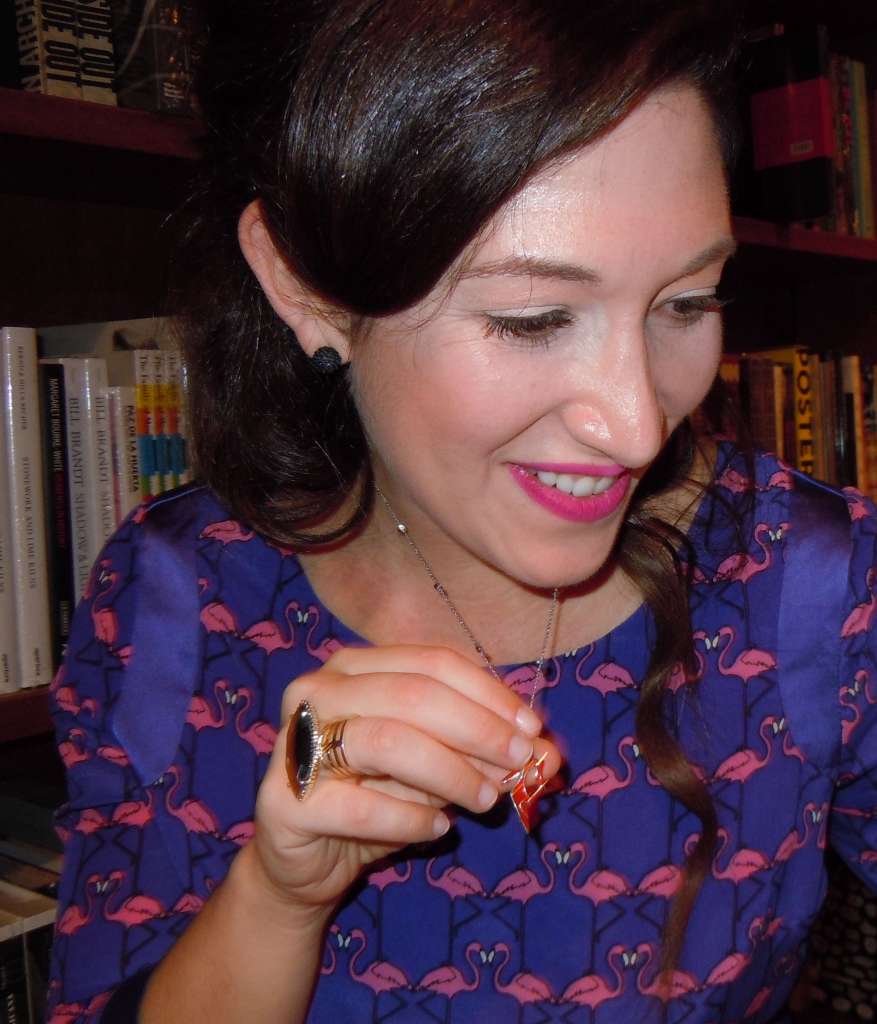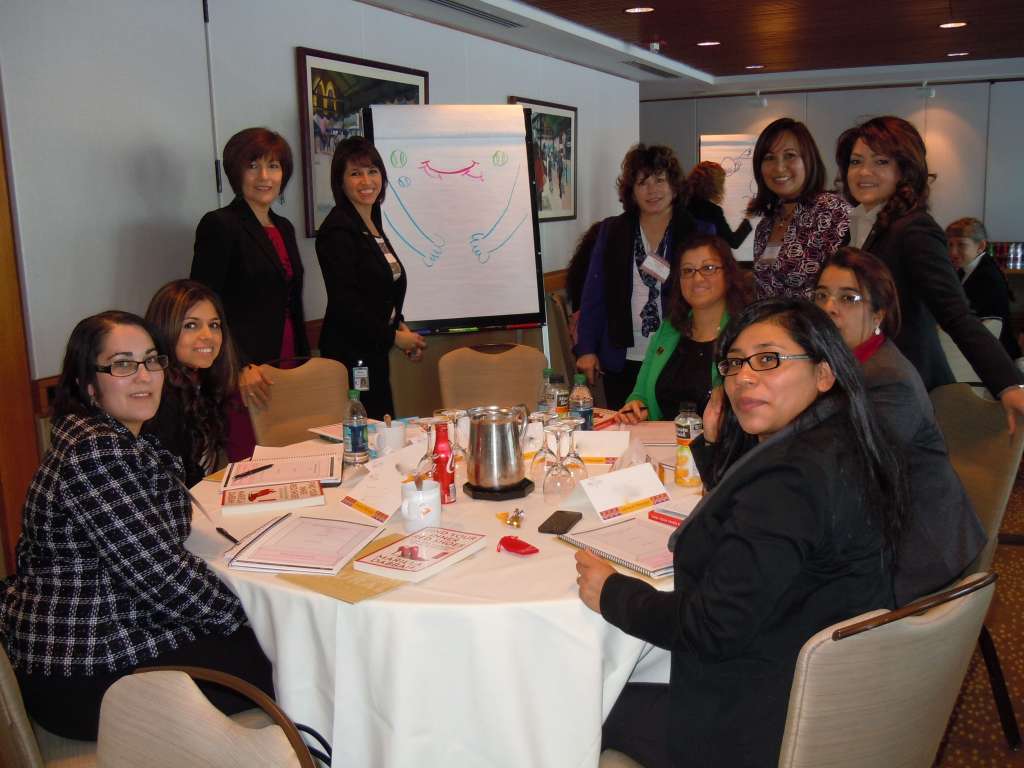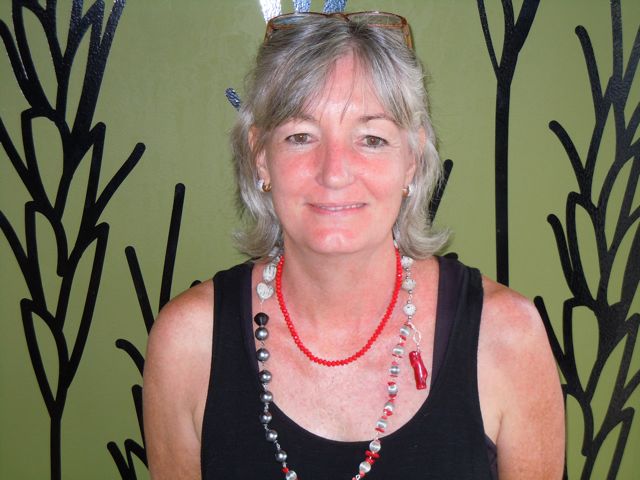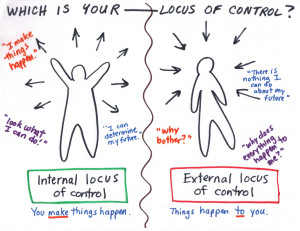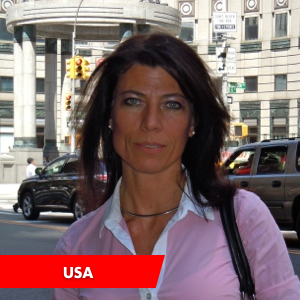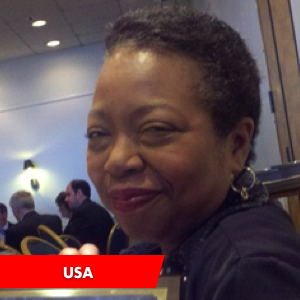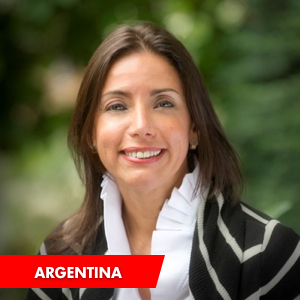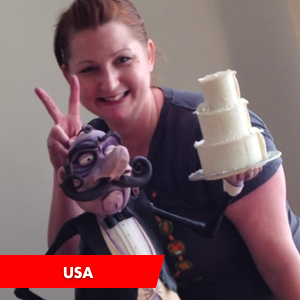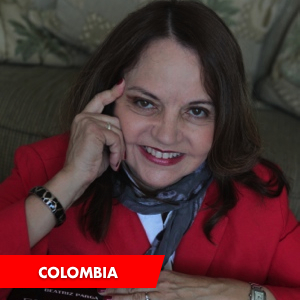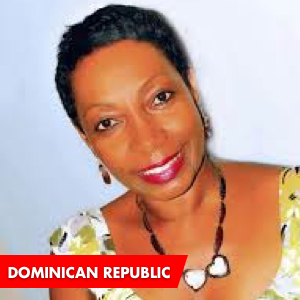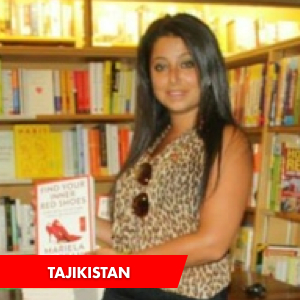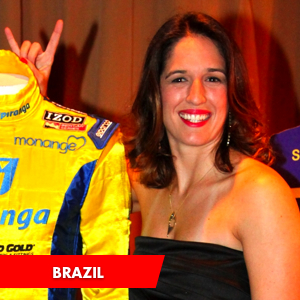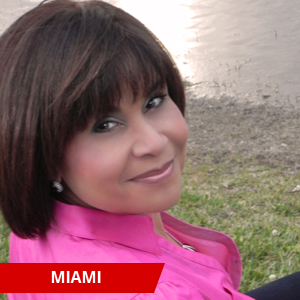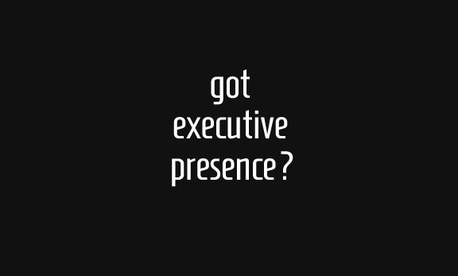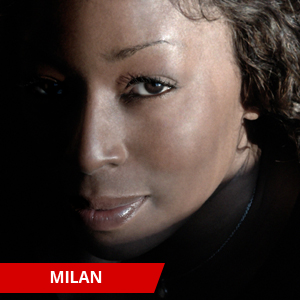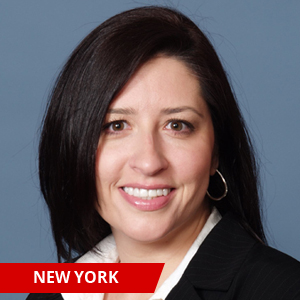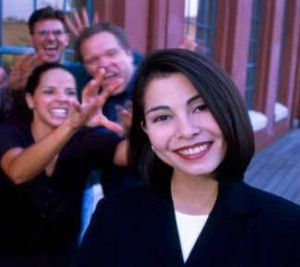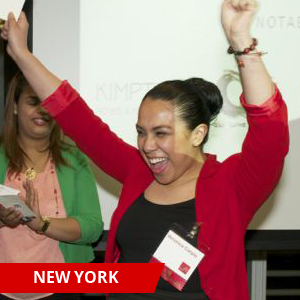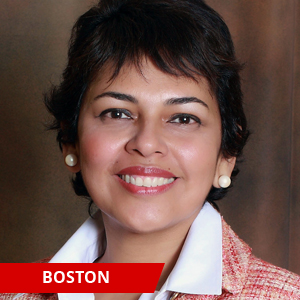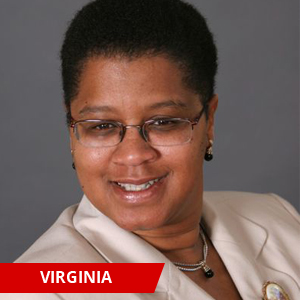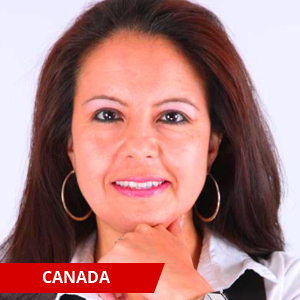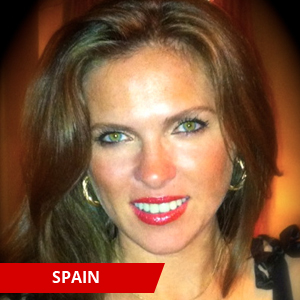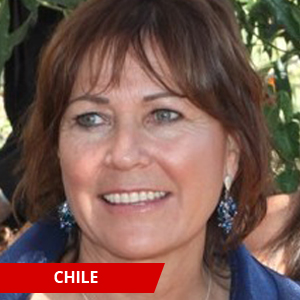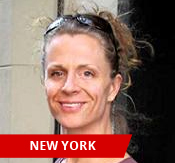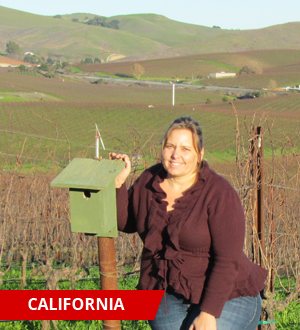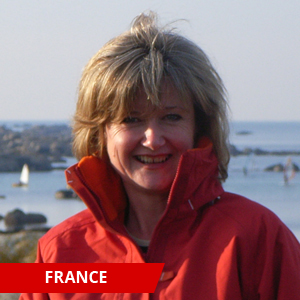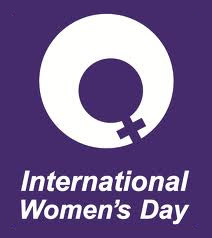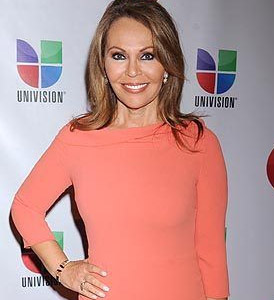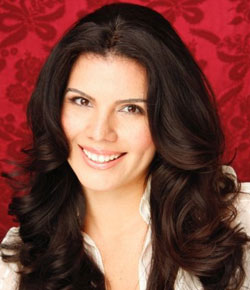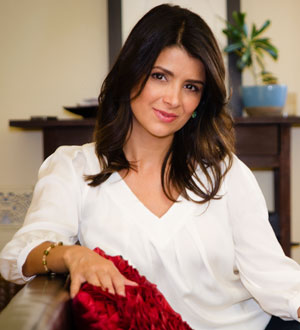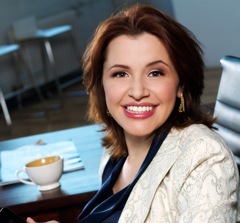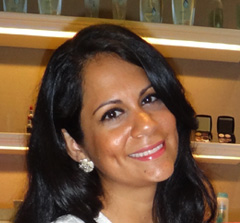He defines himself as “life and human development strategist,” an unusual title that very accurately describes Ismael Cala today.
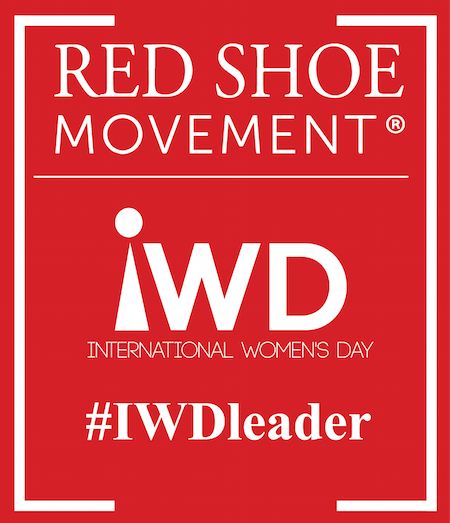
One of the traits that makes Ismael Cala unique is that he is constantly evolving. This journalist, interviewer, best-selling author, international lecturer, globe-trotter and born inspirer goes through life defining and strengthening his purpose. Helping others find theirs. Since we met him in the interviewer’s chair on his TV show “Cala” on CNN, the Cuban-Canadian has had an amazing journey.
Since leaving his successful program in July 2016, he focused all his energy on aligning himself with his essence. It was with Ismael Cala’s support that the Red Shoe Movement arrived in Latin America. His was the first interview broadcasted to the region that Mariela Dabbah gave when her book “Poder de Mujer” came out. That was the book that kicked off our movement and leadership development company. His support from that first moment and his continued advocacy for female self empowerment have made him a true inclusion leader. Today we honor him in the 2018 Hall of Fame. Here’s an insightful interview where you will get to know our charismatic godfather.
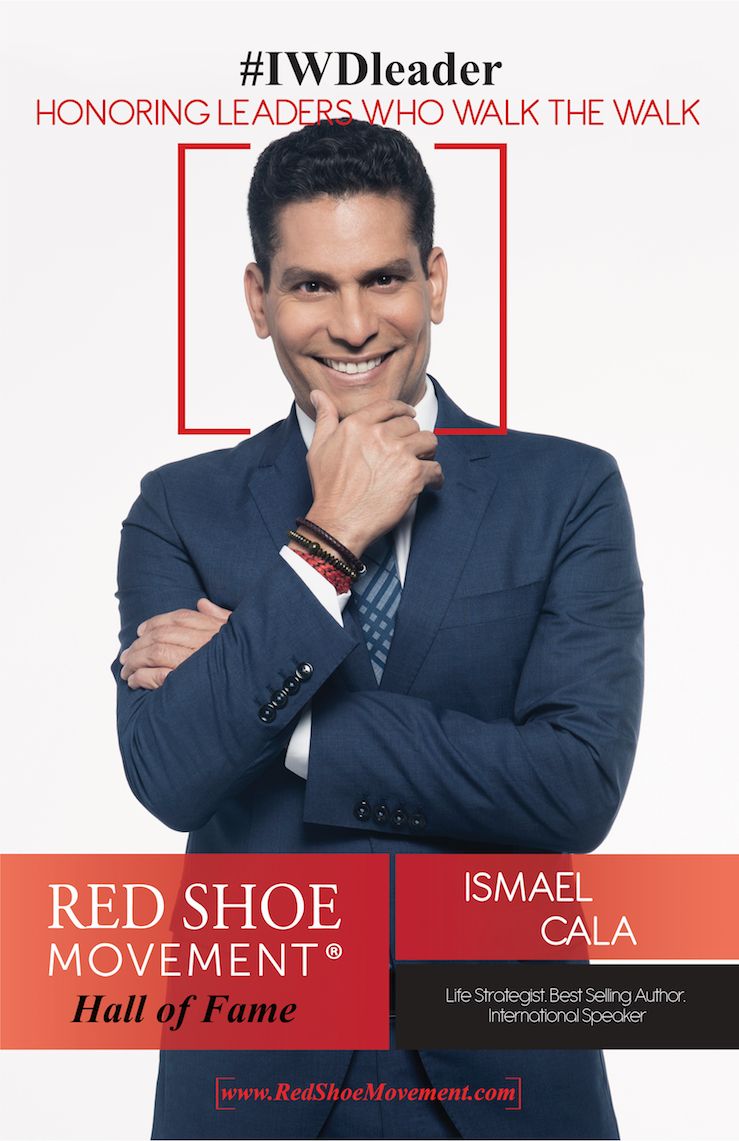
RSM— In the last two years since you left CNN your life has taken a big turn. Tell us, what have been the greatest satisfactions of taking this leap?
Ismael Cala— First of all, the greatest satisfaction for me is the ability to have self-respect. Because I was obviously feeling in my soul a call to take a break from the cameras, of my work so excessively exposed to the public, of an international media. And my ego said “how are you going to leave so much success, so much applause, so much recognition, such a good salary and such a good contract. ”
Following the dictates of the soul took a period of analysis, of introspection and the truth is that the greatest satisfaction is to realize that what you do is coherent and congruent with your essence, with your being, with your truth. Not with the symbols of the false power that society imposes on us, not wanting to have status, a reputation, recognition, prestige.
I took this for a need to continue growing, to leave my comfort zone, to reinvent myself a bit in my intentions and in my “whys” and “what fors.” I believe that the human being is a being of transformation and that the day you think you are finished as a product, that you are already a genius and that you have reached the top, that day your whole life gets complicated and you start to become someone obsolete.
The comfort zone is slowly making you meet people of mediocre influence and your ideas begin to freeze. Then, jumping and leaving that area (that was already a zone of security for me, and an area where my ego was totally handcuffed by recognition and success,) gave me a new beginning. The Ismael Cala Foundation, Cala Enterprises, Cala Speakers and all the other projects that we are carrying out with my team, all give me a huge satisfaction every day. Everything we sell, promote or the social help we provide is to turn this world into a place where we raise awareness. We provide agile solutions and tools to people and organizations to make this a more productive, more harmonious, more tolerant and happier world.
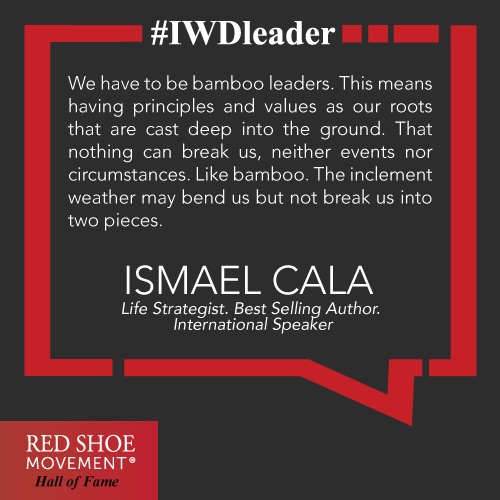
RSM— How did you face the initial stress of launching yourself as an entrepreneur? For many it is a period of great anxiety.
IC— I’m not going to deny it, I think I’ve had an entrepreneur’s mind since childhood. I always tried to think bigger. Even the geography of my small hometown El Caney, fell short of my vision of life when I was only 8 years old. Back when I told my mother: “Change me to a different school. I want to go to the city that is only 8 km away, to Santiago de Cuba,” since El Caney was a very small town and my whole family had lived there for generations and generations.
Then my spirit of adventure, exploration, expansion and entrepreneurship comes from childhood. Now, when we are talking about rolling up my shirt sleeves and taking on a project with the level of Cala Enterprises, obviously that there is anxiety. Especially because my venture has not had up until a few months ago, any type of investment that has not been my own personal investment. My own funds.
I was an entrepreneur at 20% 30%. I didn’t my salary from CNN. I invested part of that salary in what is now Cala Enterprises. There is a very interesting book by Patrick McGinnis (one of our Cala Speaker) that is called the 10% Entrepreneur and I recommend that you read it.
In the book McGinnis recommends good practices for everyone who has a job but at the same time has an idea for a business. In my case, I manage anxiety with mindfulness, emotional intelligence, positive psychology and everything I have learned. I have become, a sort of facilitator for others in the subject of mindfulness and it has helped me deal with my own fears, my own ghosts and my own anxiety.
But in the end all business is destined to die unless its owner prevents its death. I have always had that phrase very present in my mind, and I wonder all the time what I have to do to prevent this business from dying. It cannot die.
With regard to anxiety, I manage it through mindfulness. I have converted anxiety into a mindful anticipation, I believe that when you manage your fears, then anxiety is no longer anxiety but it becomes a relaxed and serene anticipation of the uncertainty. Because the path of the entrepreneur is uncertainty, volatility, ambiguity and complexity. After all we live in a world VUCA, the acronym of volatile, uncertain, complex and ambiguous.
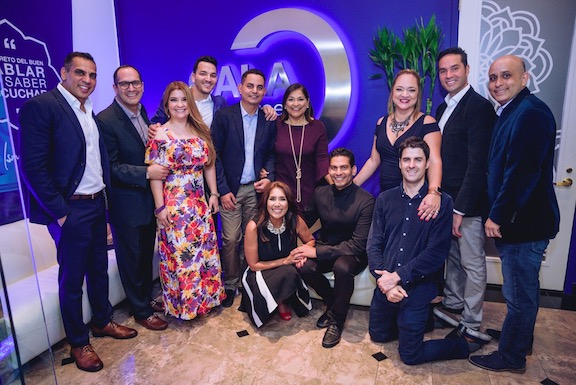
RSM— You have spent the last couple of years taking your conferences around the world. How do you see female leadership in Latin America compared to female leadership in Europe and the United States? What are the strengths of women in Latin America and what could they strengthen?
IC— The truth is that I am very proud of Latin America in terms of female inclusion. There have already been several women presidents, some even being elected twice, as was the case of Michelle Bachelet, whom I had the opportunity to interview.
There are women representing us at the UN, globally, internationally and not only in politics where many of our congresses already have a significant female representation.
If you look at Venezuela, for example, you can see how the Venezuelan opposition movement has had Maria Corina Machado among its strongest leaders as well as Lilian Tintori defending the rights of her husband, and not only as his wife but also as the great social activist she has become. I believe that female leadership in Latin America is a leadership of resilience, it is leadership without resentment.
I think the Latin American woman doesn’t compete with the man. She realizes that she’s earning her place and respect with her femininity, the energy of the motherhood of nonviolence, tolerance and love (because that is a mother.) It gives me a lot of pleasure to see that.
What could be reinforced? I would say that the issue of self-confidence in women should be reinforced in Latin America. And that when they become mothers, women themselves should not reinforce those inherited patterns they have received through education over hundreds of years. Things like the differences in norms and roles that are acceptable in boys and girls that we see from childhood: that boys don’t cry, that girls can cry.
These differences then put women at a competitive disadvantage, because the mother herself is telling the man that he must be emotionally illiterate and that the girl can kick and scream and it does not matter why. I believe that we should be more aware of the education we give children so that they suffer less from the consequences of this macabre differentiation of the social roles and norms of men and women.
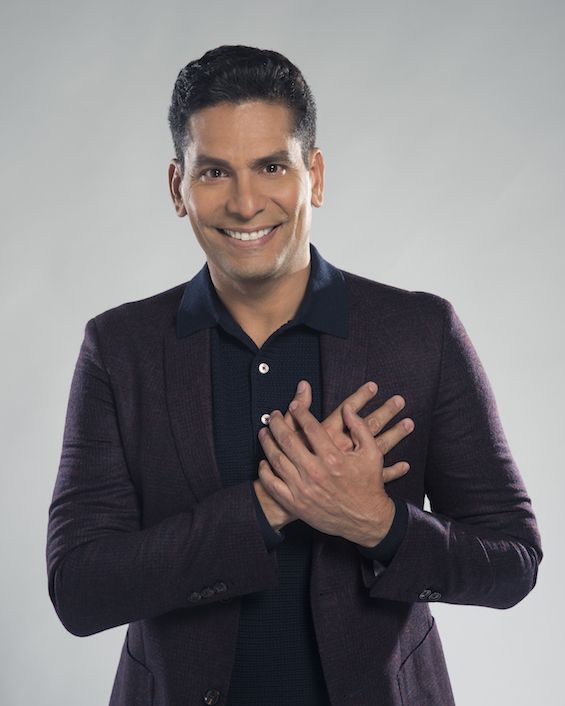
RSM— What makes women great leaders?
IC—I believe that women have an emotional intelligence allowed from childhood that enabled them to explore the horizon of their emotions and better understand themselves. When you know yourself better, you can more easily be the voice and soul of a group. It is harder for men to know themselves so they cannot connect emotionally with others and can not communicate their vision. I believe that there are many women who have that passion and connection and who express it and use it in a very good way.
RSM— What recommendations do you have for a leader to effectively communicate her personal brand?
IC— This is why we created Cala Speaking Academy, which starts in March 2018, and there is already a second session planned for May. All the information is on the website.
This program was born because I feel that creating a personal brand and above all your communication style that you use to tell your story and your message, is very important. More than 85% of leaders’ success depends on their skills and abilities to communicate. So I really suggest that a leader studies his/her history in order to take ownership of it and purge any traumas, prejudices or stigmas. Once you are free of them, your story will empower you rather than enslave you.
Then, my recommendation is to build a differentiating message. What are the topics on which you will focus? We cannot talk about everything and we cannot please everyone. We have to be “bamboo leaders.” This means having principles and values as our roots that are cast deep down into the ground. That nothing can break us, neither events nor circumstances. Like bamboo. Bad weather can bend us but not break us or split us into two pieces. But you also need flexibility, adaptability and above all an incredible ability to learn quickly.
Today more than ever we must learn and unlearn at a great speed.
RSM— What gives you hope?
IC—It gives me a lot of hope to know that young people are living a more abundant world than the one I grew up in. When I was a child, there was no global interconnectivity or exponential technologies. The moment of reaching singularity, that is the possibility of artificial intelligence to have the capacity of the human brain or of all the brains in the planet, for example.
The fact that we’ll be able to digitize the human brain in the near future is very encouraging. In the coming years we will experience some momentous changes that will leave us perplexed. It is the most abundant time and the time that as humanity when we have the largest amount of information, so that is a privilege.
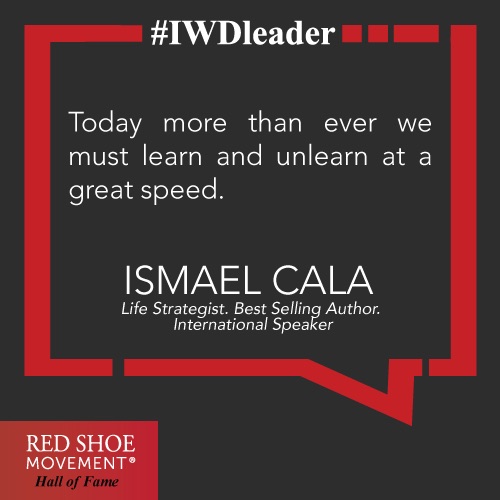
Don't miss our interview with 2017 Hall of Fame honoree, Rosemary Rodríguez
RSM— In terms of leadership lessons, can you share some personal failures and what you have learned from them?
IC— Today, what I coined as failures when I was younger have become my great painful learning lessons, because one should not fail backwards. One must fail forward.
One of my failures was this. I took the risk of leaving everything I had in Miami, (two very important contracts in the local radio and TV market) to pursue the dream of conquering Mexico. It was going to be through the large Mexican platform Televisa, (the number one media platform in Latin America) but it was not the right time. I pushed and pushed and it happened but the moment was not right. It was the year 2008, the international financial crisis, the devaluation of the Mexican peso. But also maybe I wasn’t ready to take on a project that demanded comedy skills that I had not developed yet.
That project, which I thought would be totally successful, lasted only 2 months on the air. I took it as a professional failure at that time. Thanks to that experience in Mexico and my reflecting on what I wanted to do with my career and what I didn’t want is that the possibility of returning to CNN in Spanish appeared. To do “Cala” the talk show that Cynthia Hudson, the president of CNN en Español, put on the air. That was a big stroke of luck with a lot of hard work and effort from my production team.
What at one point could have been considered a failure, not to have triumphed in Mexico, was really my great learning curve. It enabled me to know what I wanted to do, what my skills were and what they weren’t. It enable me to develop those skills in which I wasn’t fully competent so I could succeed in the next attempt. So, bingo. There are no failures!
RSM— Who were some of the most influential men and women in your career above and beyond your family? How did they influence you exactly?
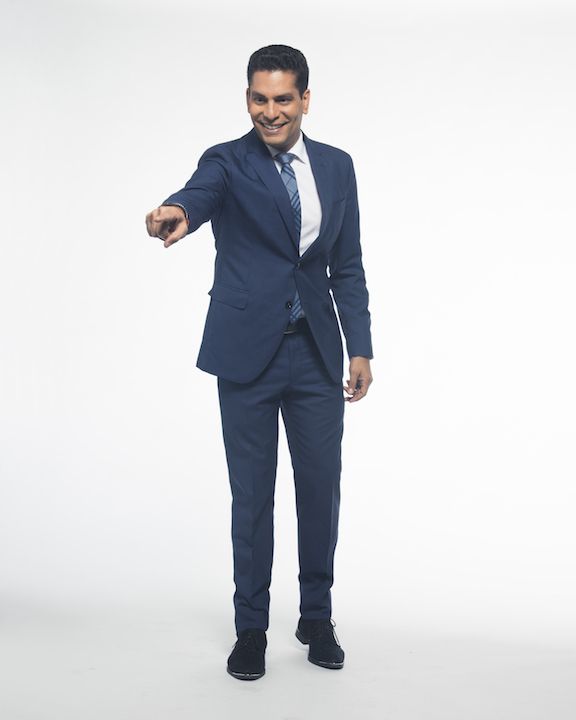
IC— I learned a lot from my father and my mother who were my life gladiators. I admired my dad’s intelligence. He was a brilliant man until schizophrenia kidnapped his mind and then at the young age of 40 he was disabled to continue working.
But I could see that my father had a mind dedicated to learning. I think I inherited his thirst for learning. And from my mother I got her intuitive intelligence, her vivacity and eloquence, her perseverance and passion. That’s why I wrote the book Un Buen Hijo de P … because I think I was born of two good children of P … children of passion, patience and perseverance to do something interesting with our lives.
Then Nilda G. Alemán, my radio teacher and at 8, instilled in me the love of reading, of children’s stories, poetry, writing, speaking, and acting. She changed my life as she planted the first seed towards me becoming a communicator. At 86 this lady still lives in Santiago de Cuba. I visited her just a year ago and very soon I will visit her again because I love her and she is a second mother to me. There are also many people who have influenced me professionally, but I would say that Oprah Winfrey is my great inspiration in terms of life story and as a communicator and philanthropist.
RSM— Can you share with us the story of a person whose life or career changed thanks to you? One of those stories that reinforce your life purpose (And of which you don’t normally speak.)
IC— Wow. The truth is that I don’t often talk about these stories, but I can tell you something, there are many. And humbly they make me think that all I do is worthwhile because one adds value to the lives of other people.
A book, a conference, an event can transform someone’s way of thinking and when you transform a person’s way of thinking, you transform their reality and transform their life.
There was a 20 year-old young lady who came to a book signing in San Jose, Costa Rica. I didn’t realize she had difficulty walking, but when she arrived in front of me she said: “Ismael you’ve changed my life.” To me that seems too broad, strong and really too shocking. I never I pay much attention to a phrase like that so that my head doesn’t get bloated and I can remain humble and with my feet on the ground.
I said “Why do you say that? What could I have done?” And she replies, “A friend of mine gave me one of your books when I was 15. Un Buen Hijo de P… (A good son of a p…) I was about to have my legs amputated, because I had a very rare bacteria in my feet that was moving up. The doctor was afraid that gangrene would reach the rest of my body so my legs were amputated. ”
Sure enough at that moment I looked down and realized that she had marks on her jeans above the knees. She was wearing prostheses that I hadn’t noticed. She says, “That book made me A Good Hija de P … a daughter of passion, perseverance and patience. From then on I knew that I would have many more reasons than my legs to stay alive, to continue to be stimulated, to continue wanting to smile, to be happy and to do something important in my life.”
When that young woman told me that, the tears came to my eyes and I said to myself: Ismael, everything, even those things that seem tedious to you (because reviewing a book a thousand times becomes tedious, for example), they’re worth it. When someone gives you a testimony like that you say, it was worth the insomnia, the hard work of my team advising me, helping me to make the book as good as possible.
This is one of many examples. Another one was a 14 year old boy in Argentina who came up to me and said, “You have changed my life.” and I said incredulously:
“Oh my God!” And then his mother, who saw that I didn’t believe her son said: “What my son just said is quite true. He listens to you since he is 11 years old. He watches you, he follows your shows, buys every book you write, he listens to your podcasts and he speaks to me with your language, Ismael. This child is an old soul “.
The truth is that there are many examples like this, and I want to say the glory is from God and from my team that makes a titanic effort to execute all the ideas and ensure that I, as a spokesperson for these messages, can have the correct information, the right accessories, the best means to share them.
You can connect with Ismael Cala on Twitter.































































